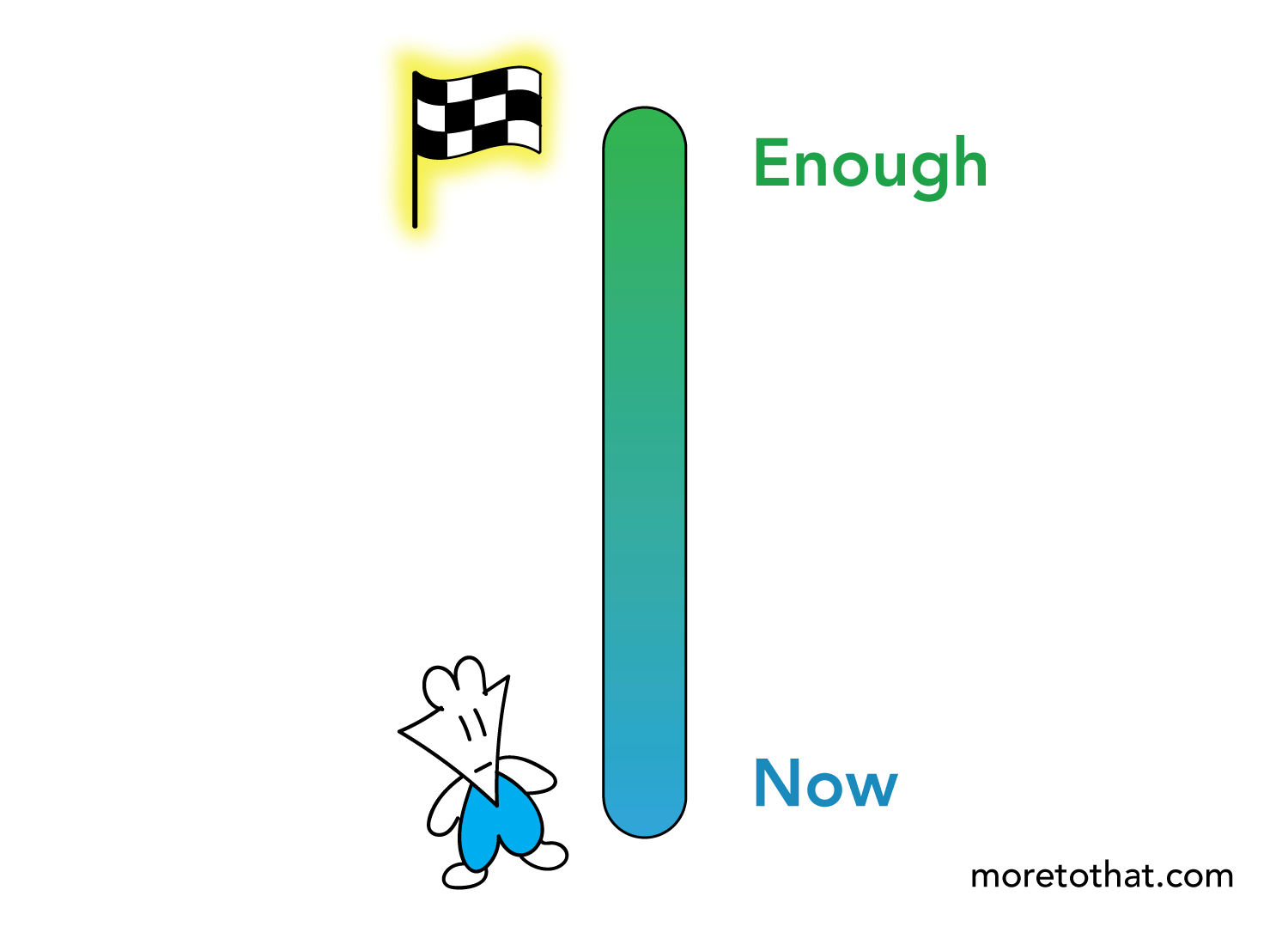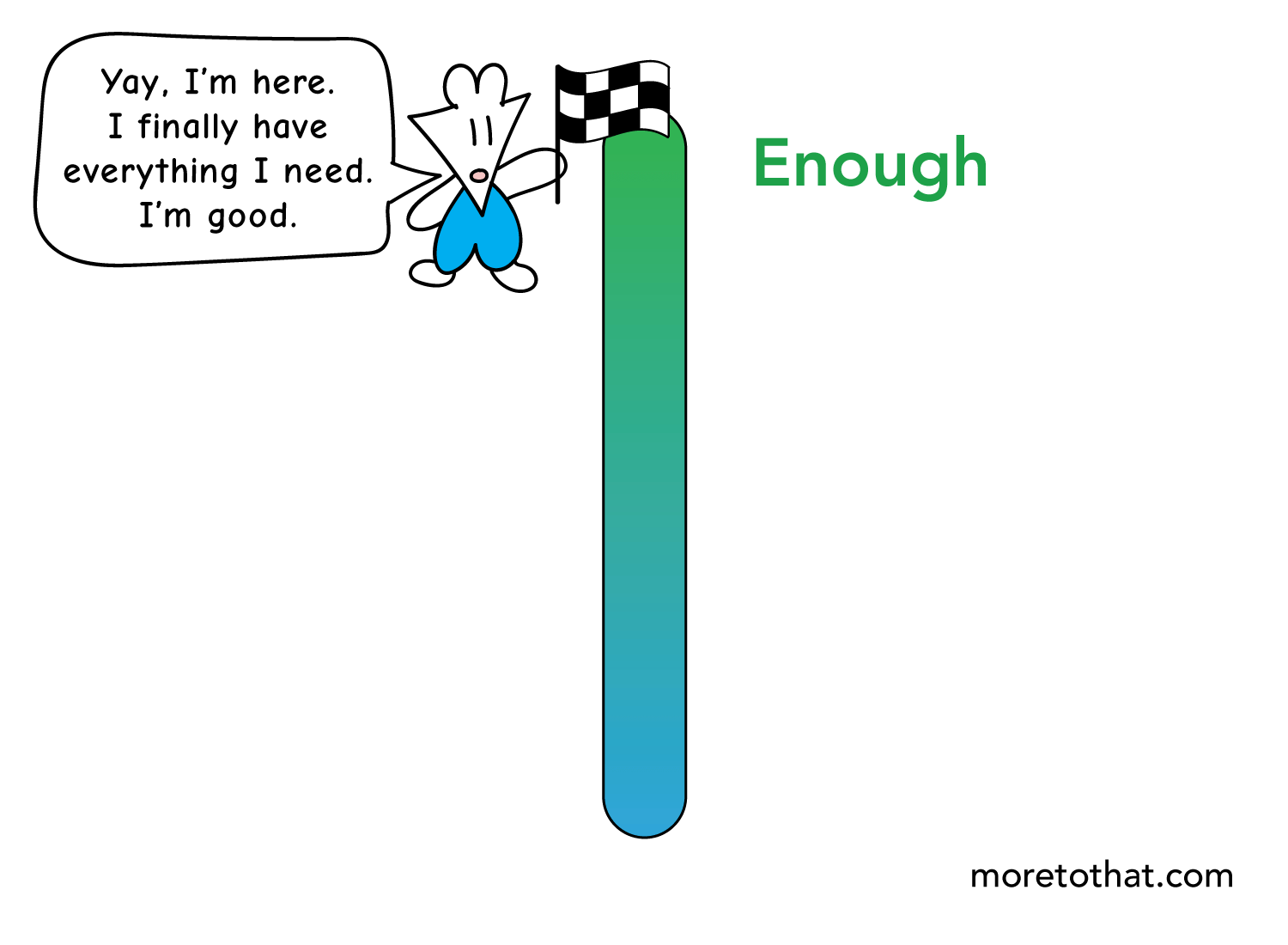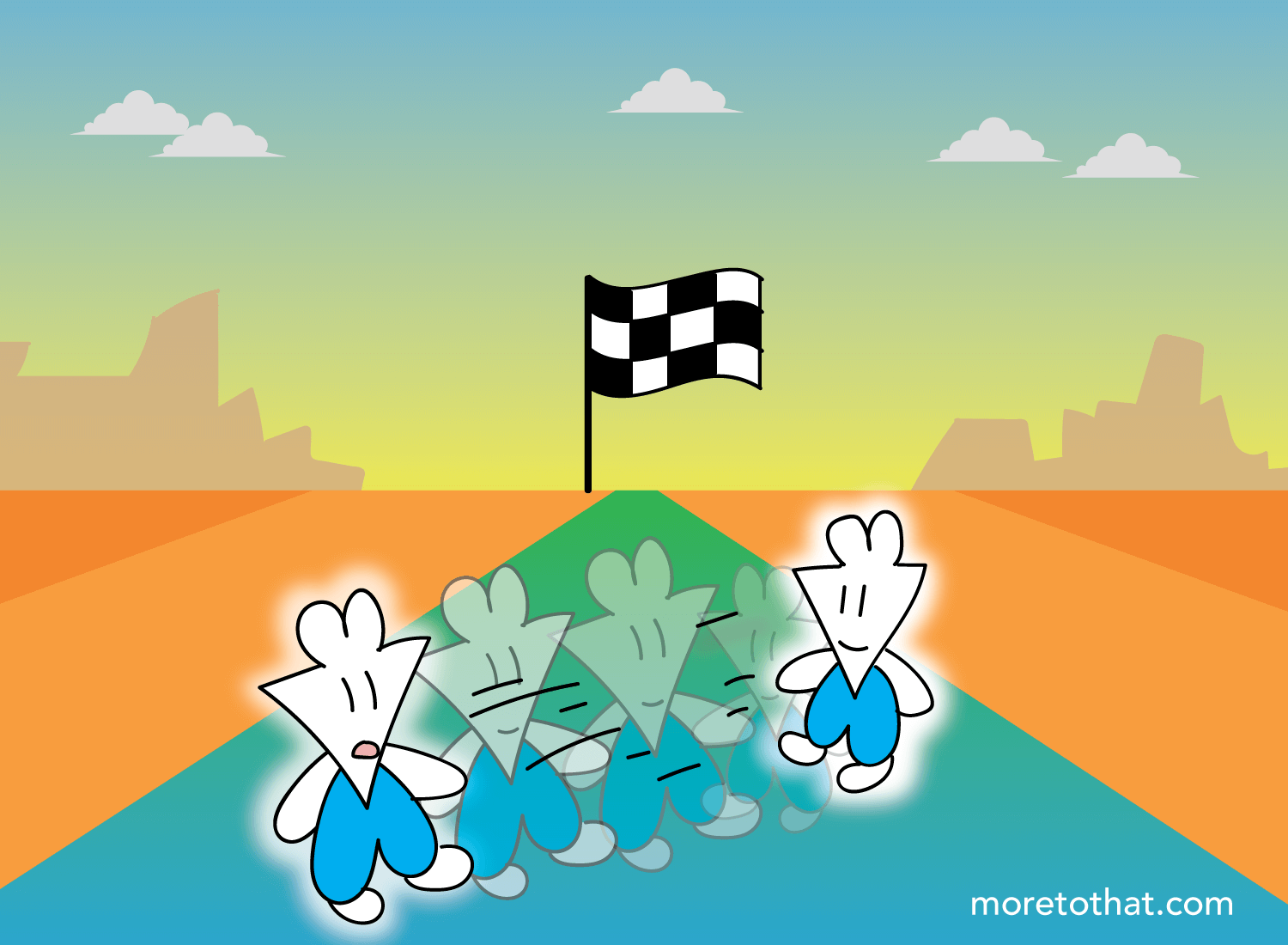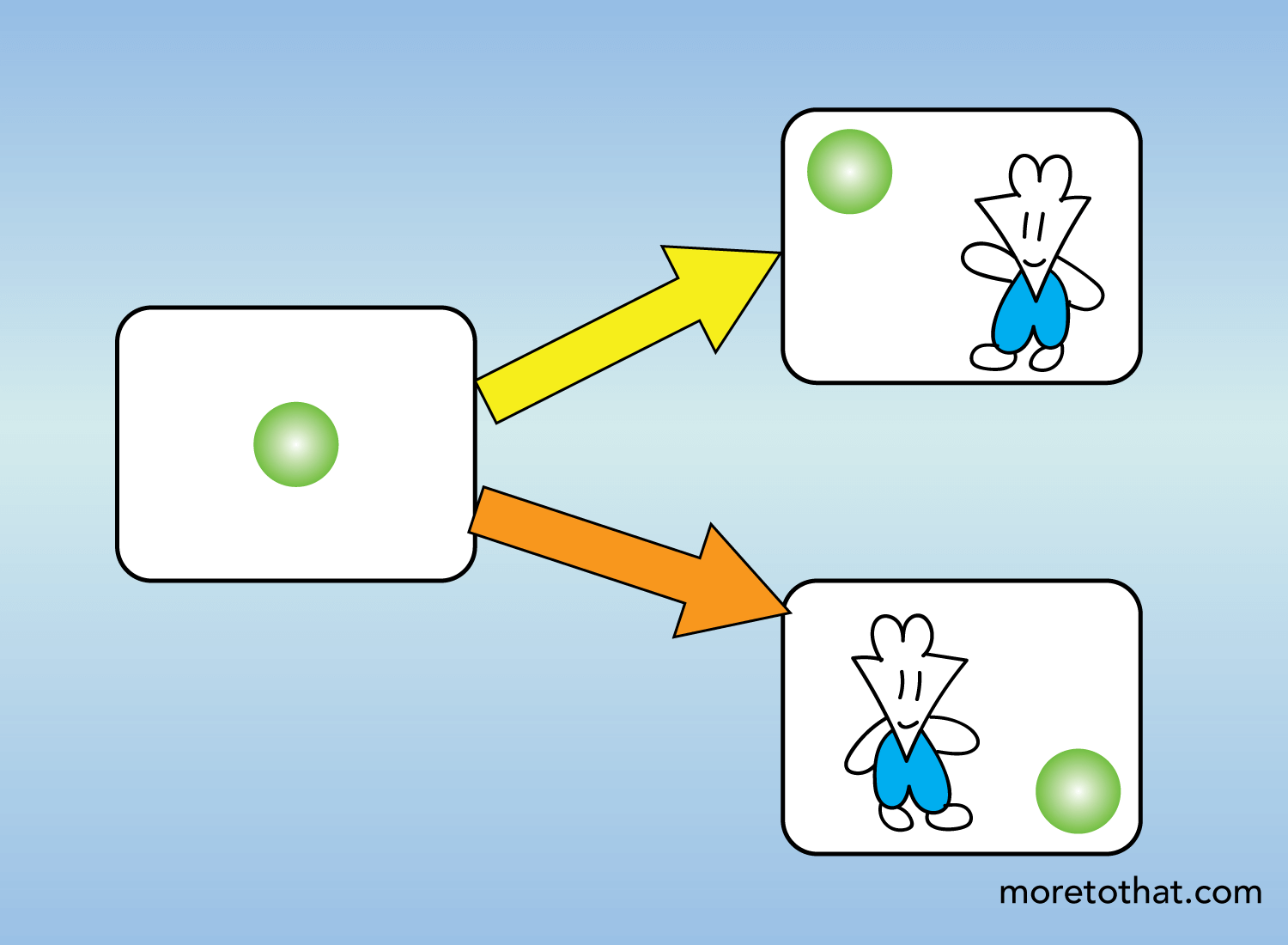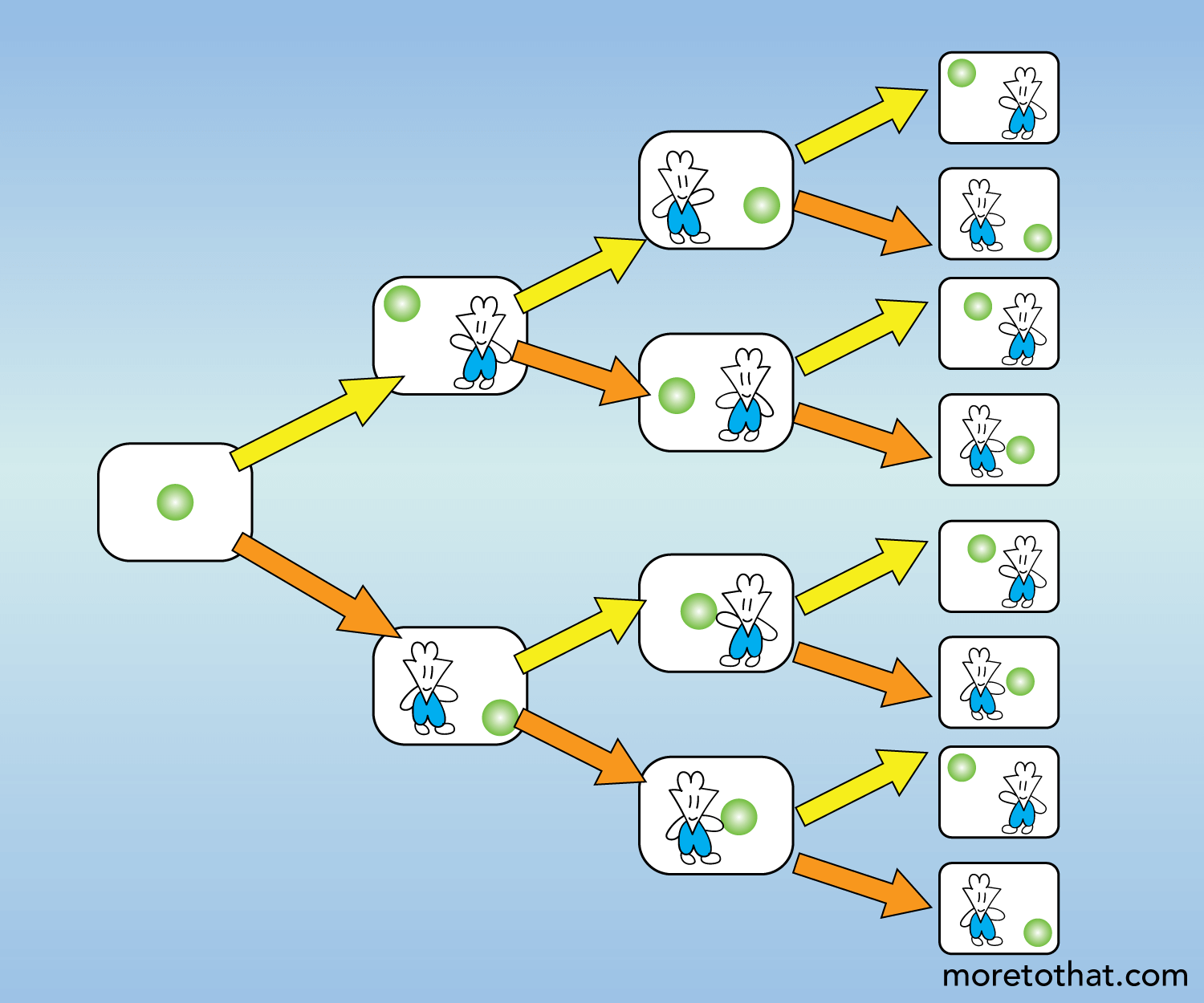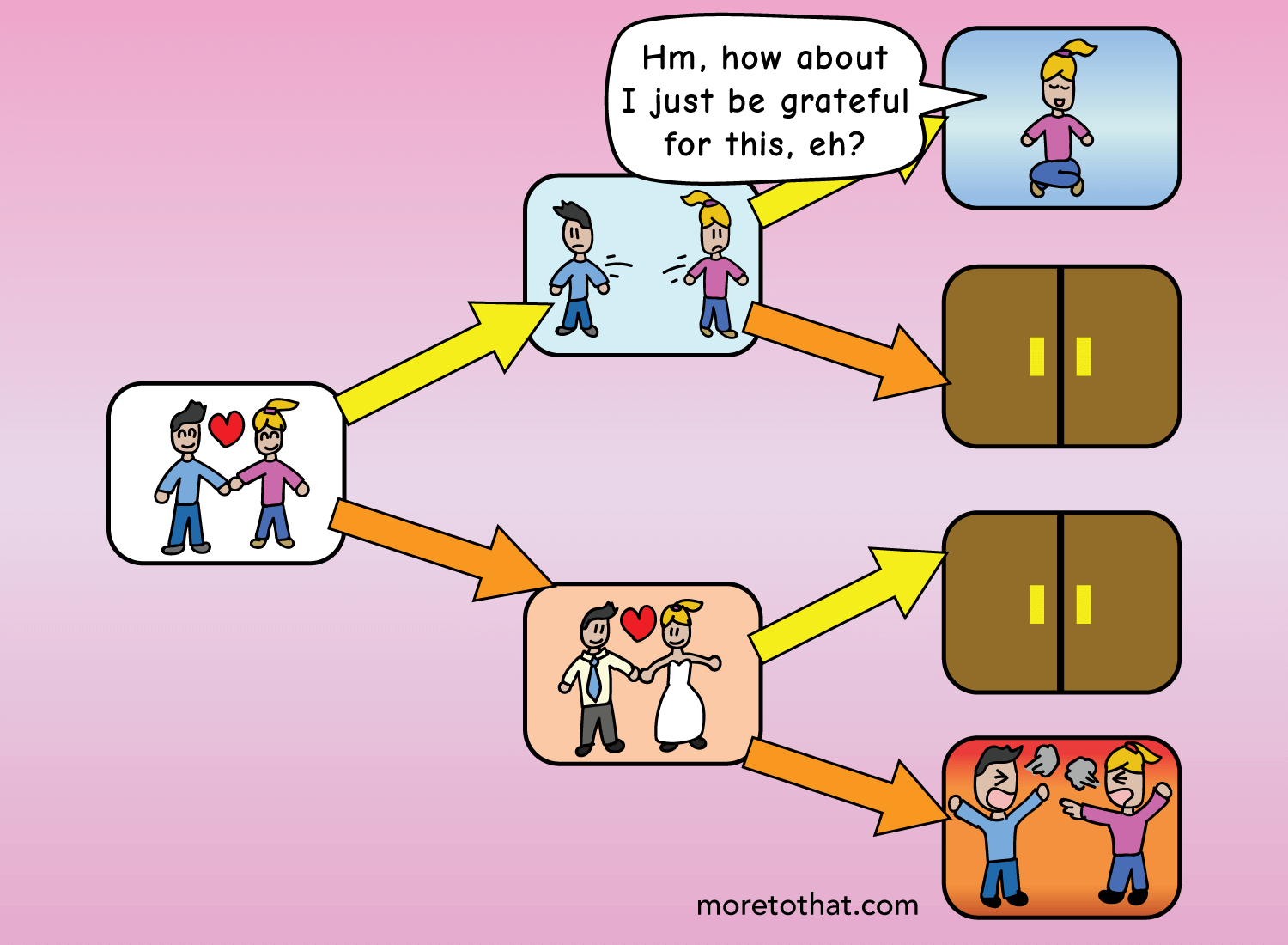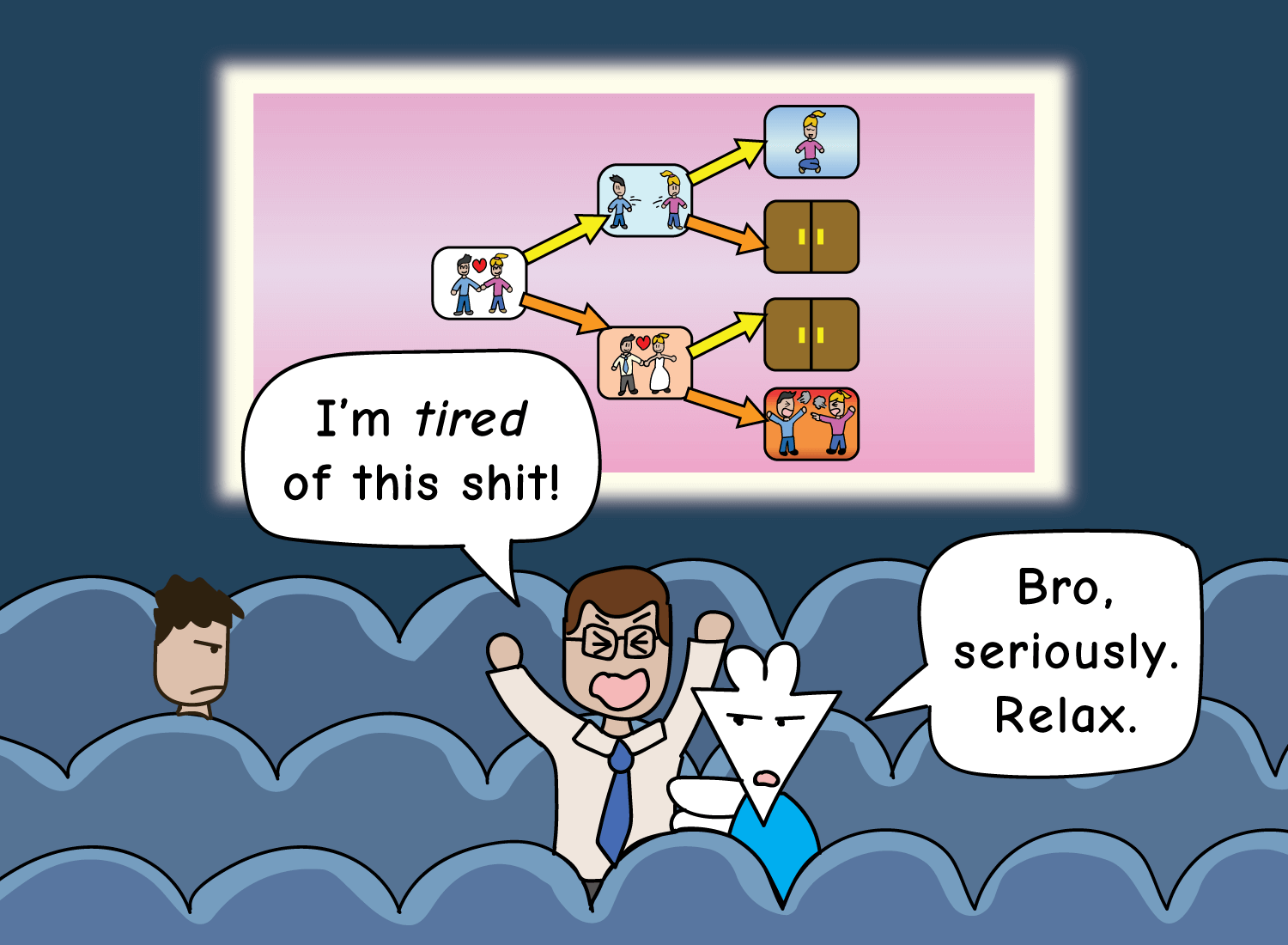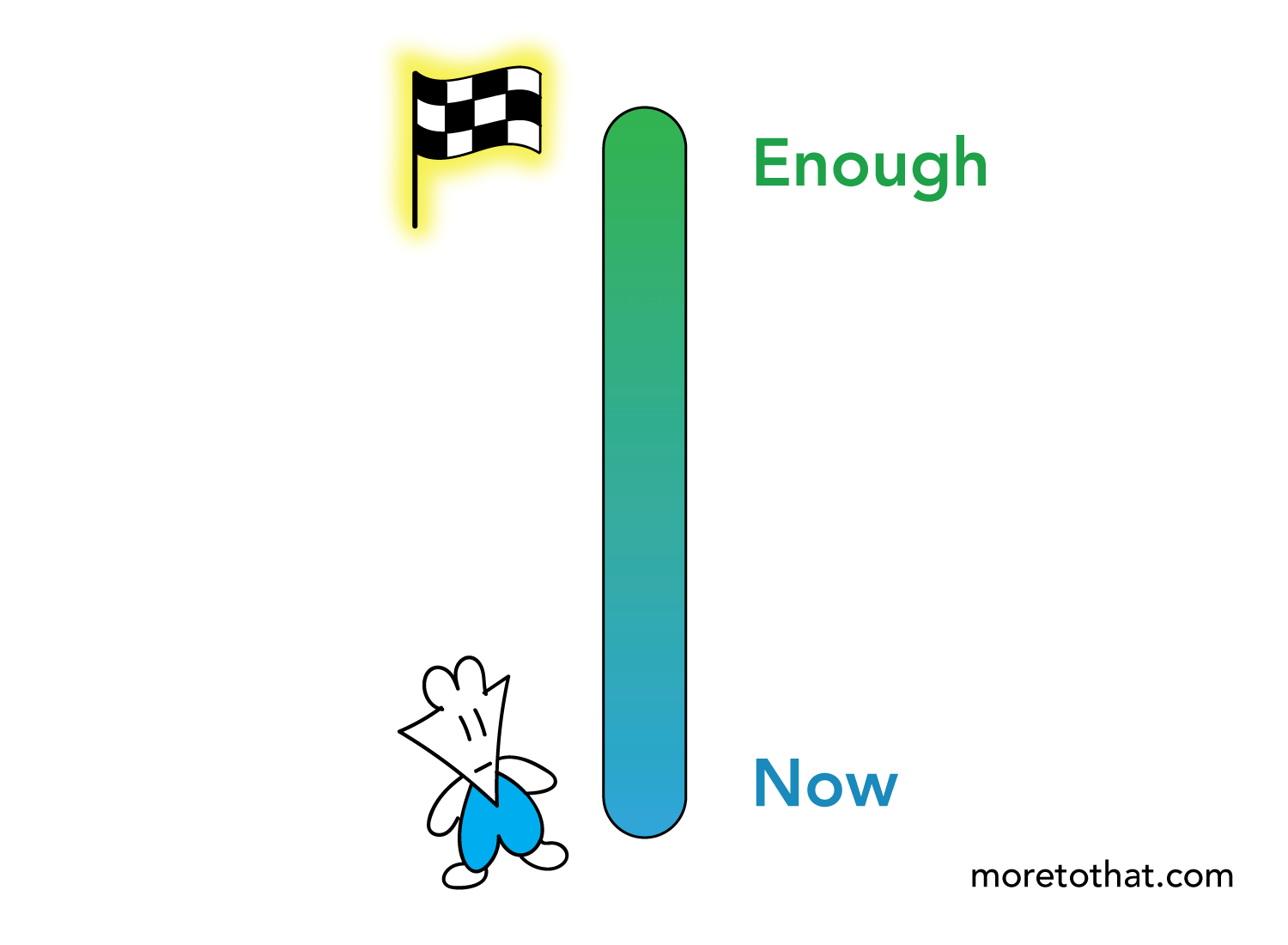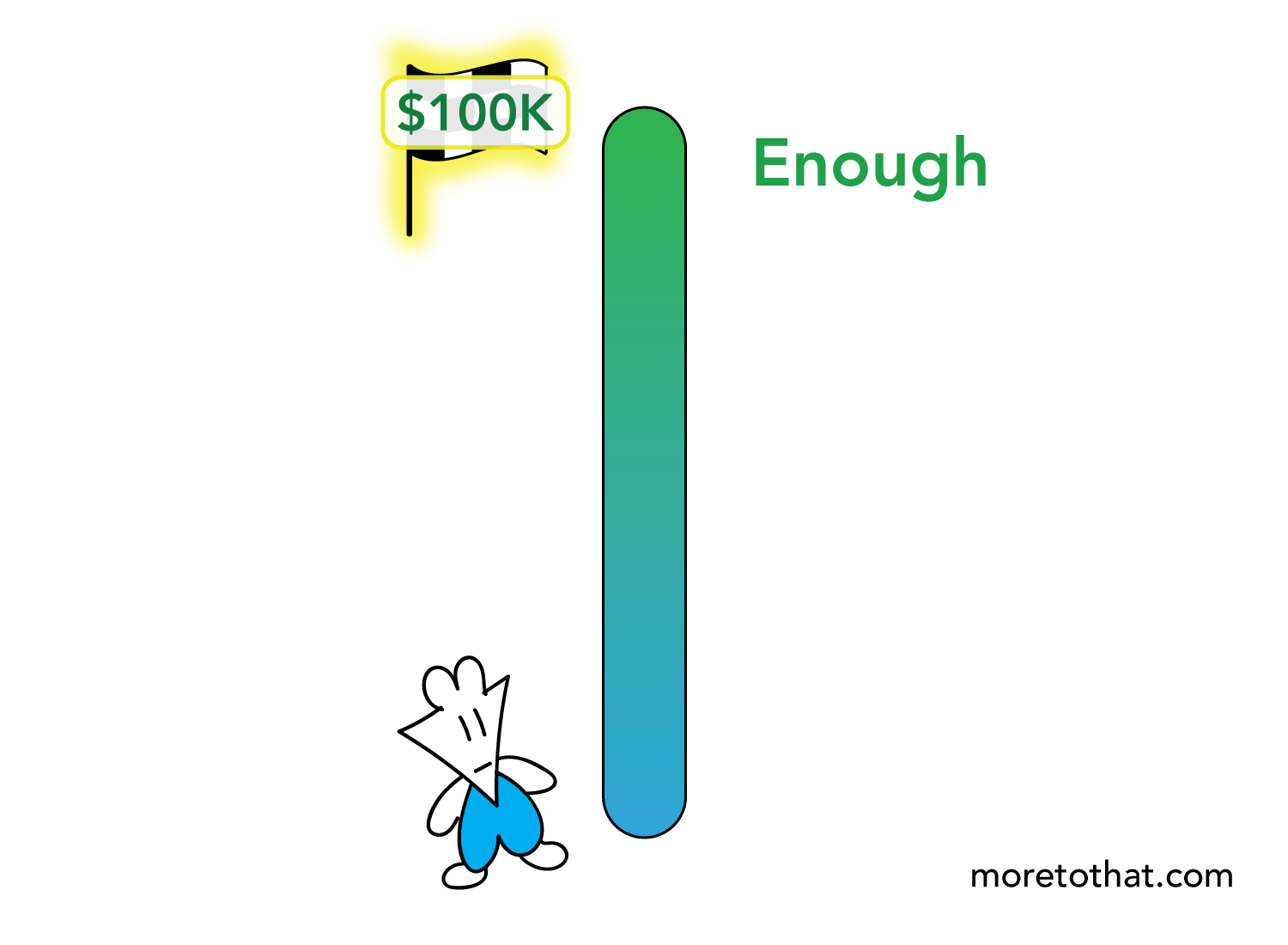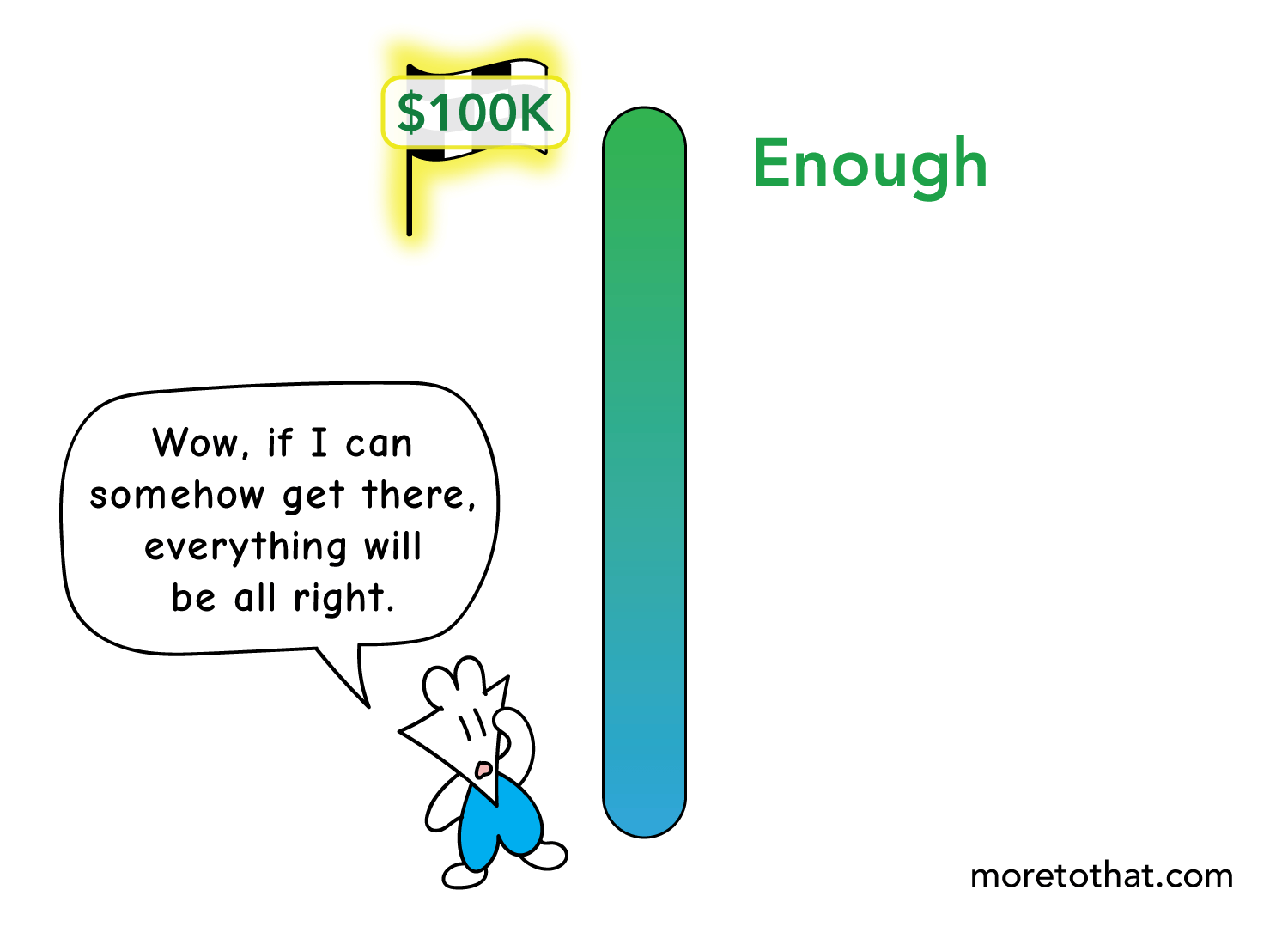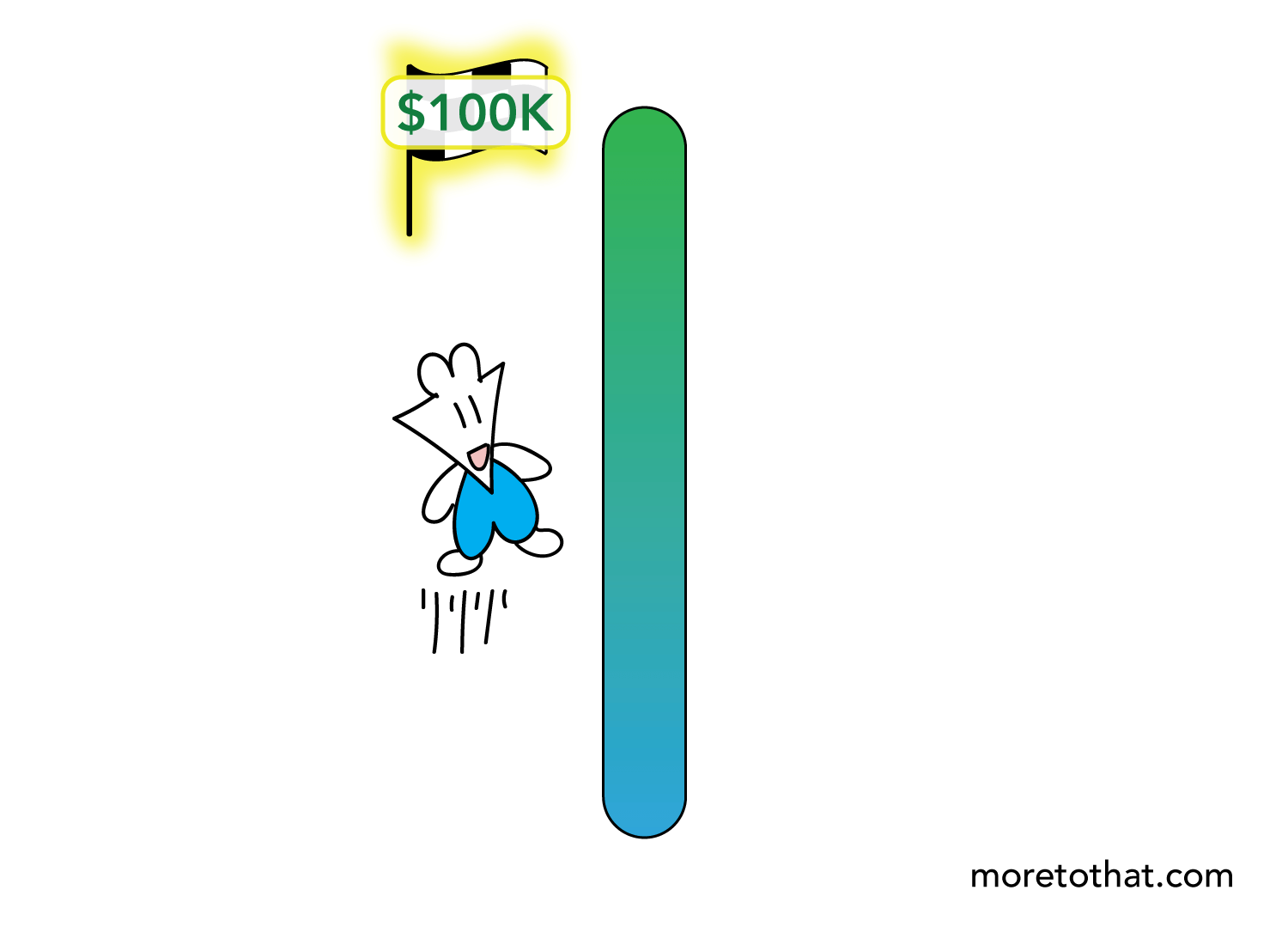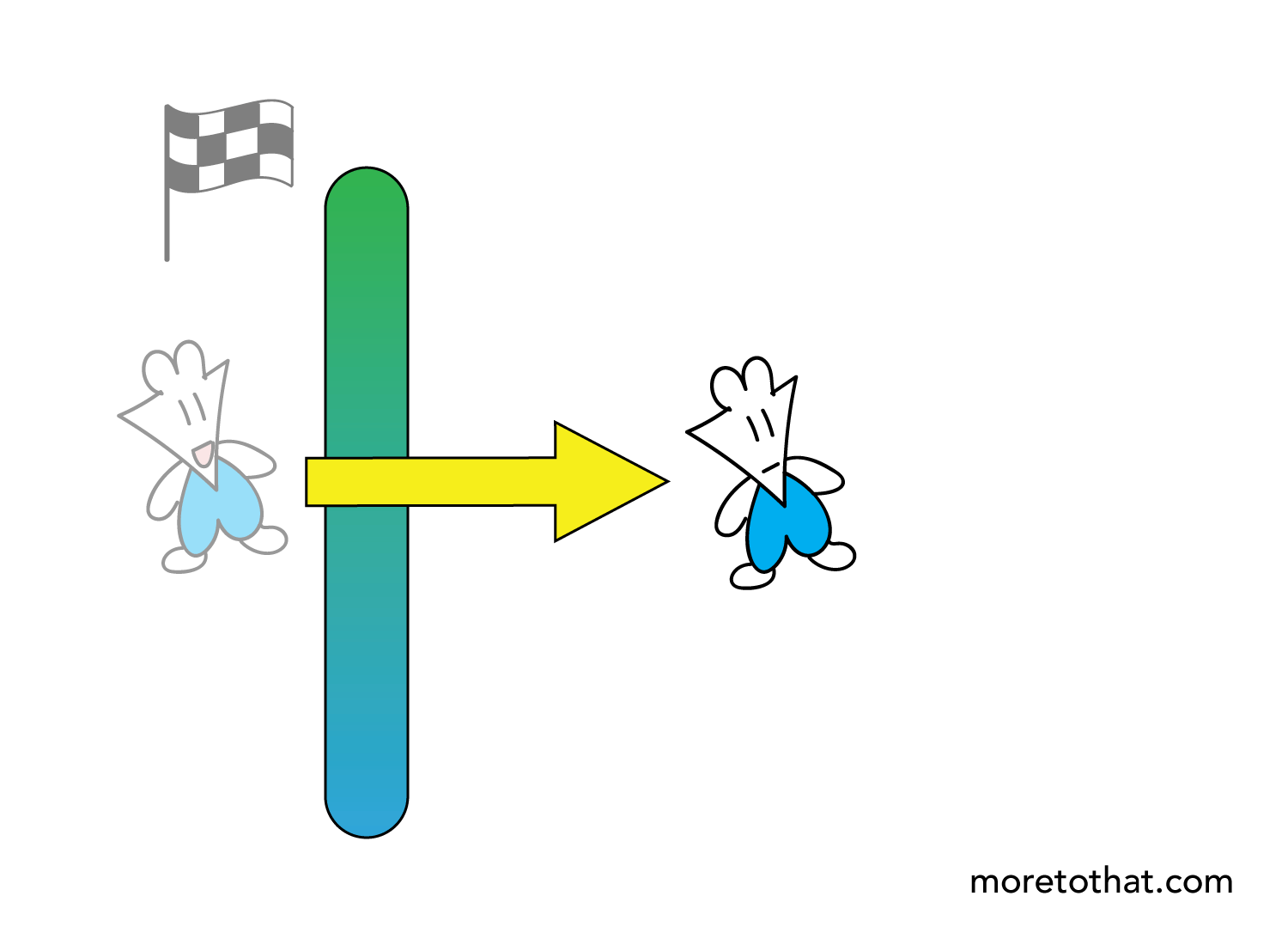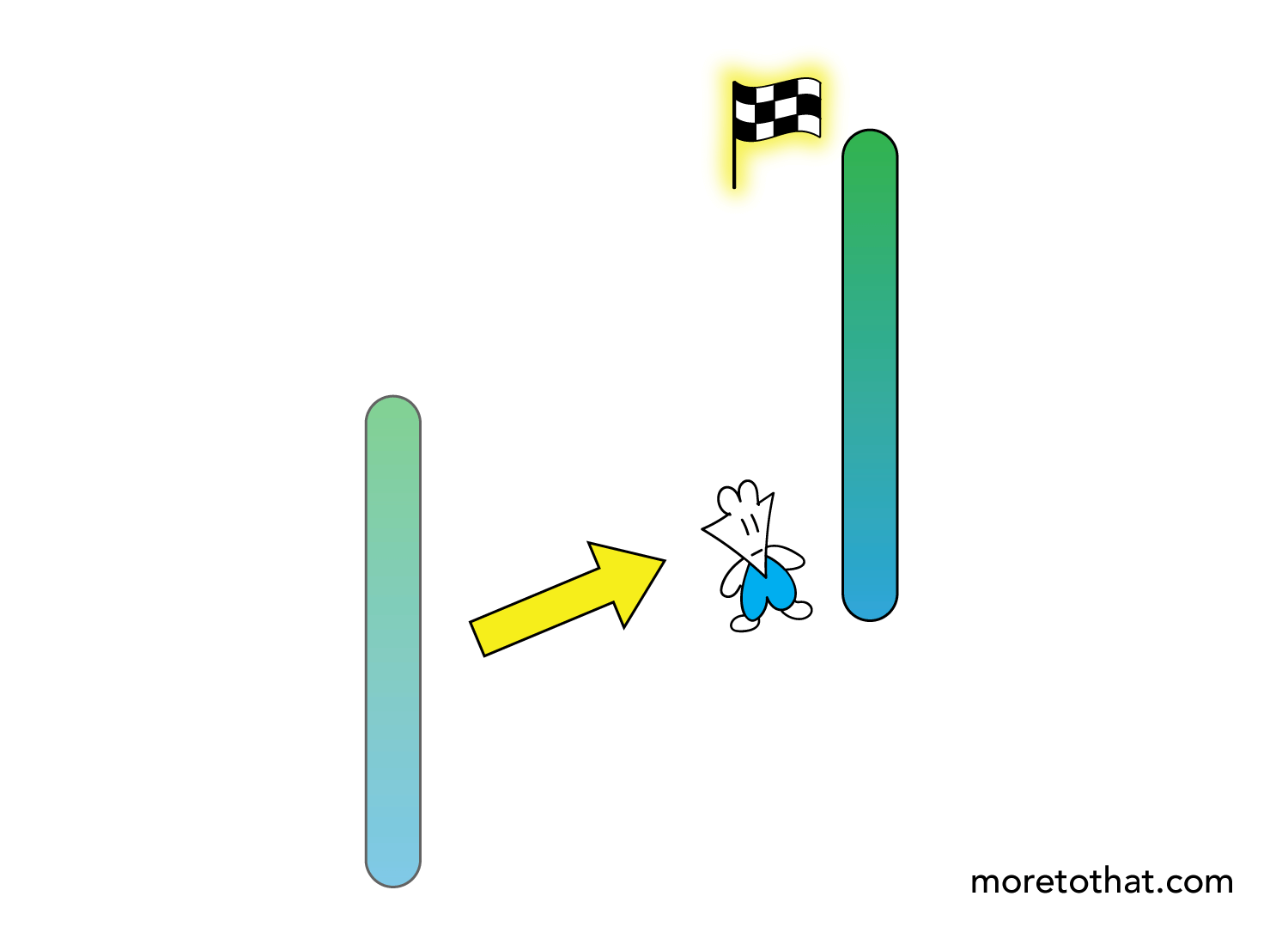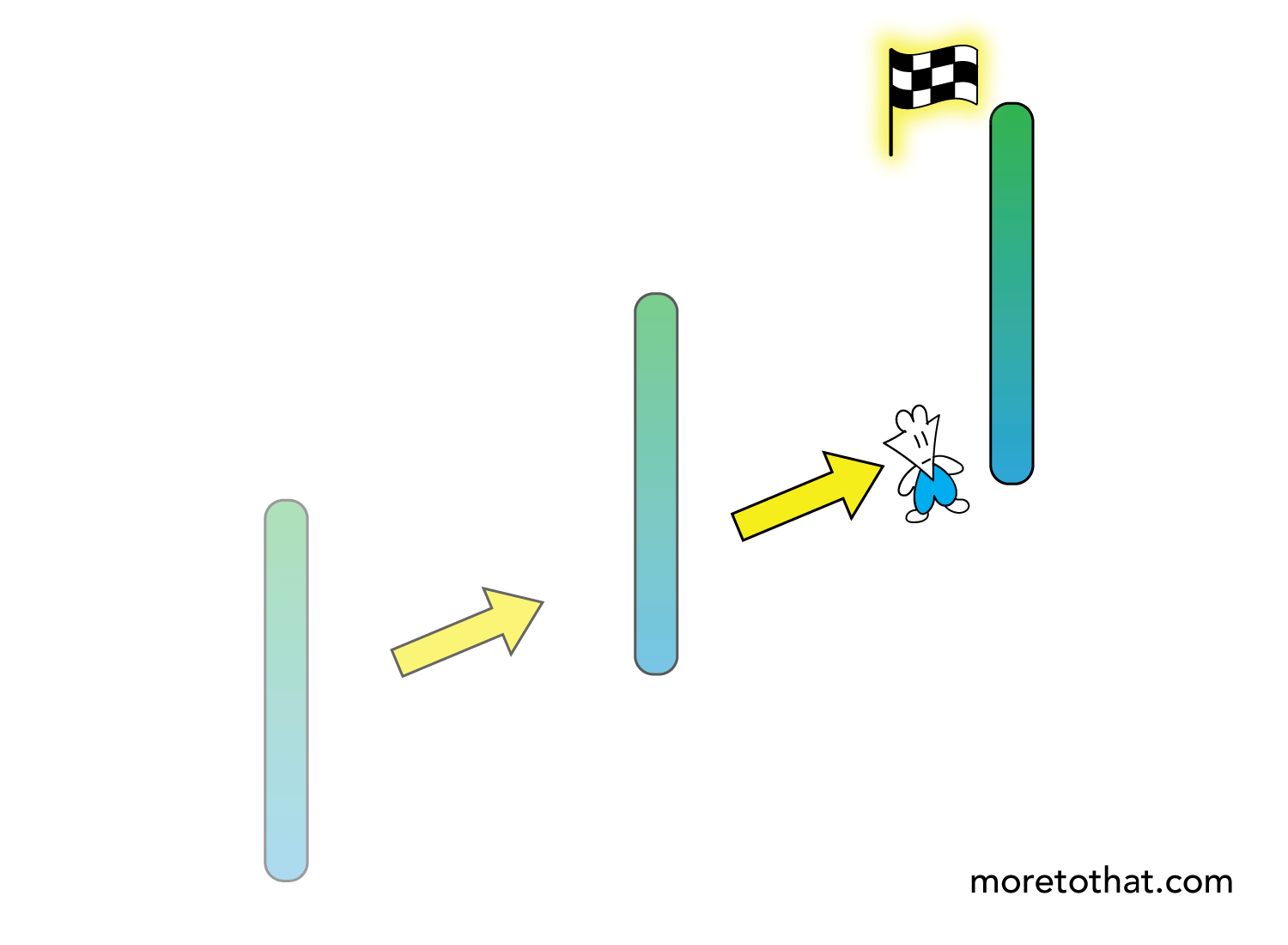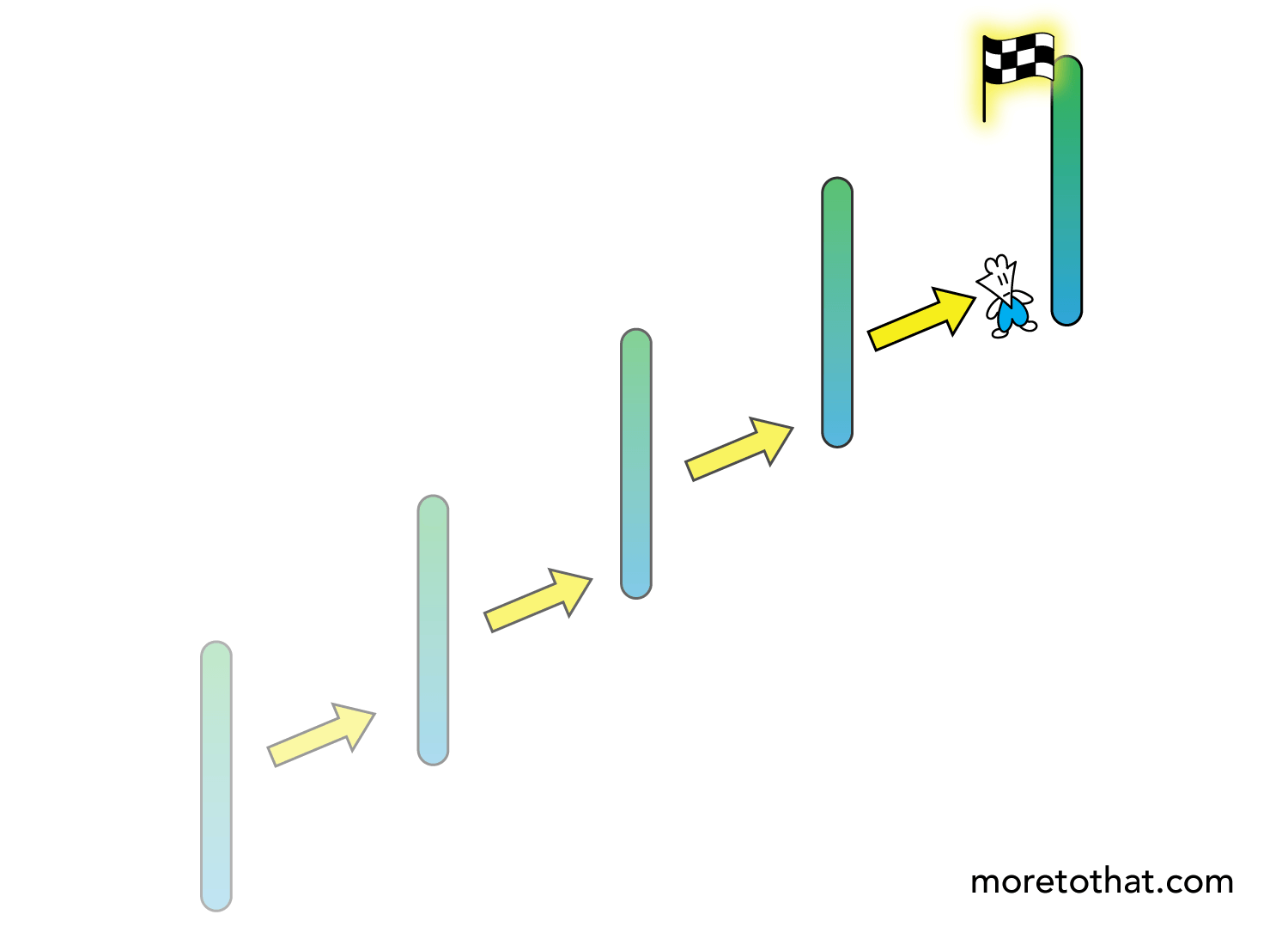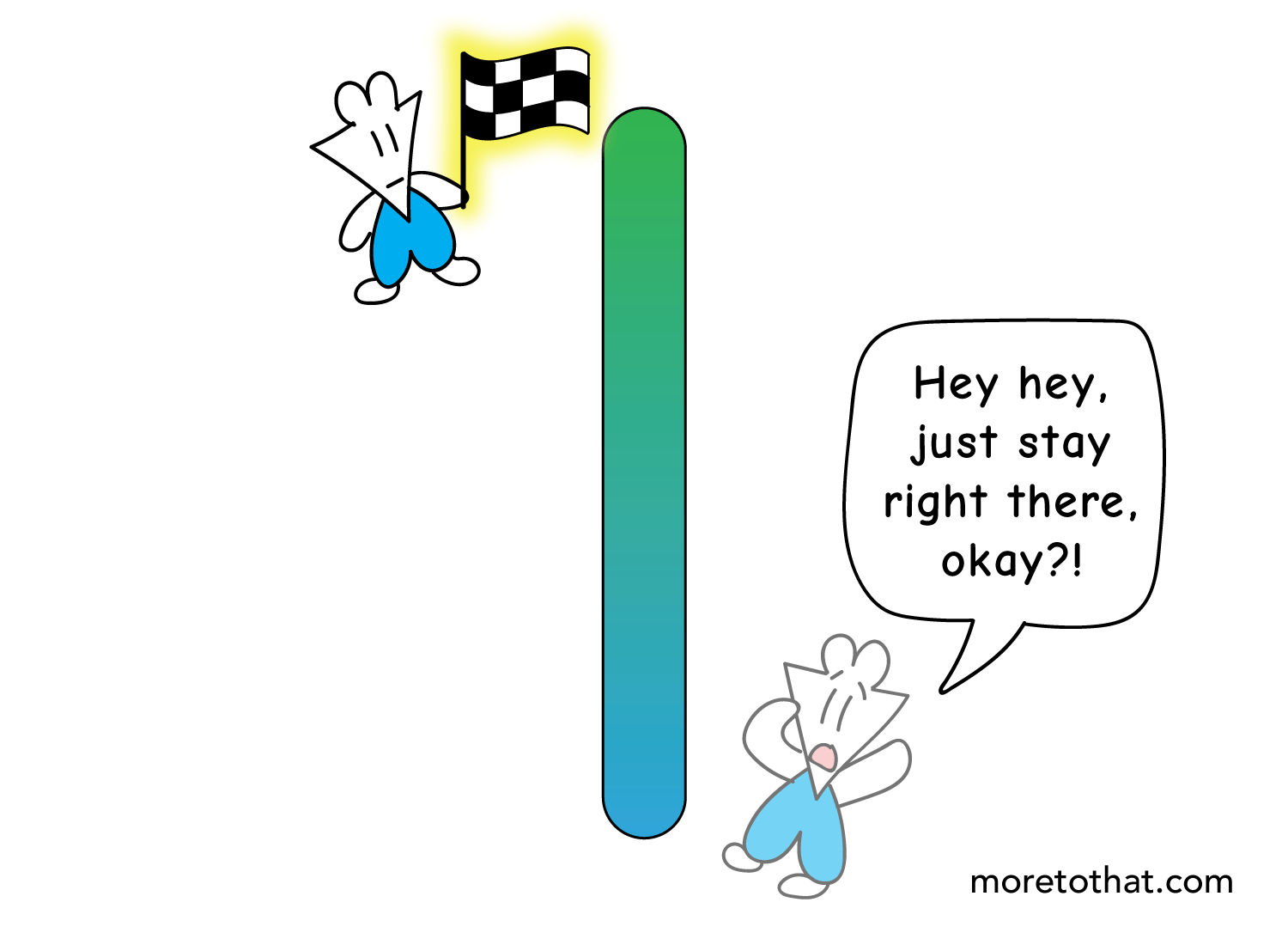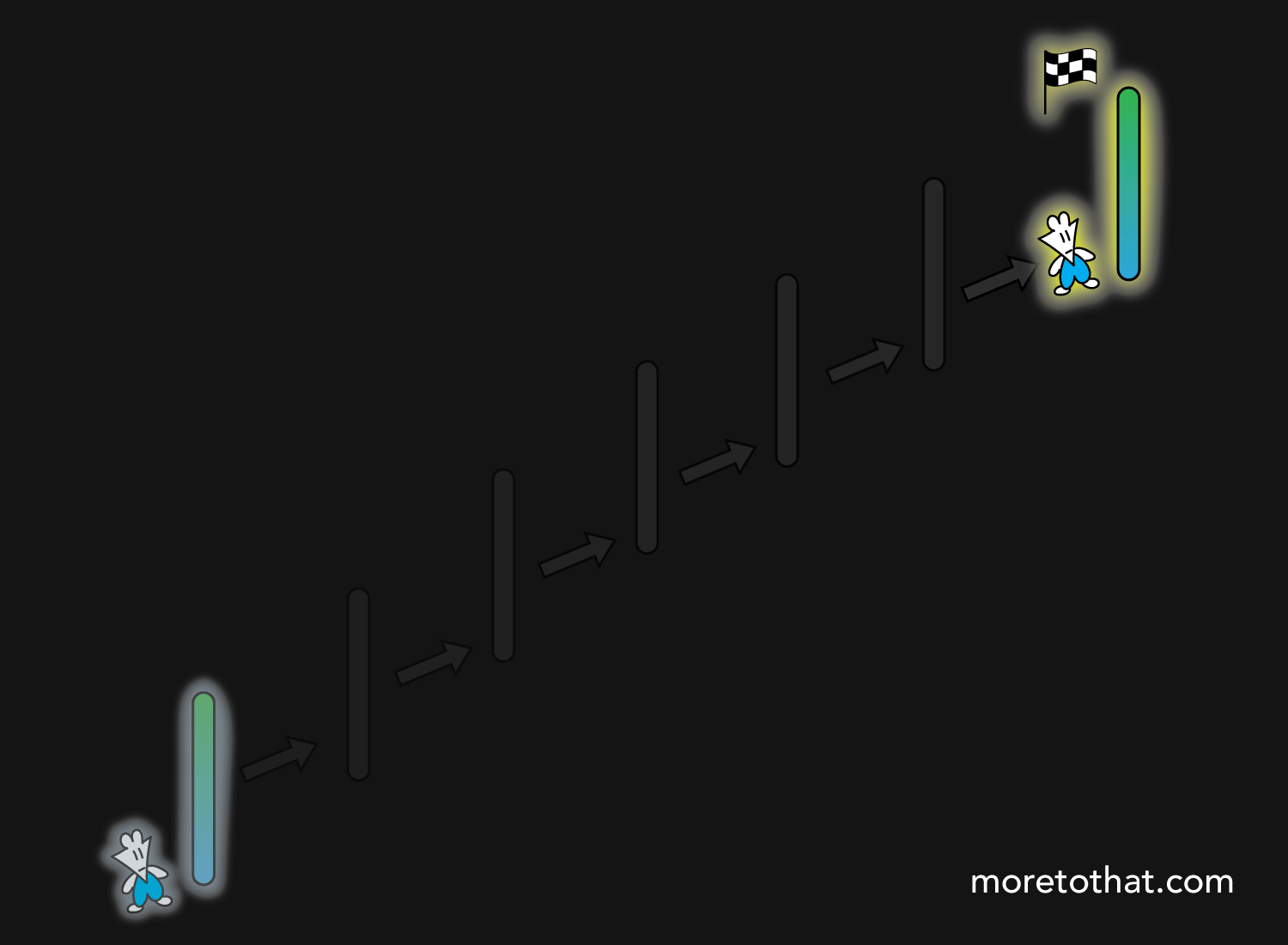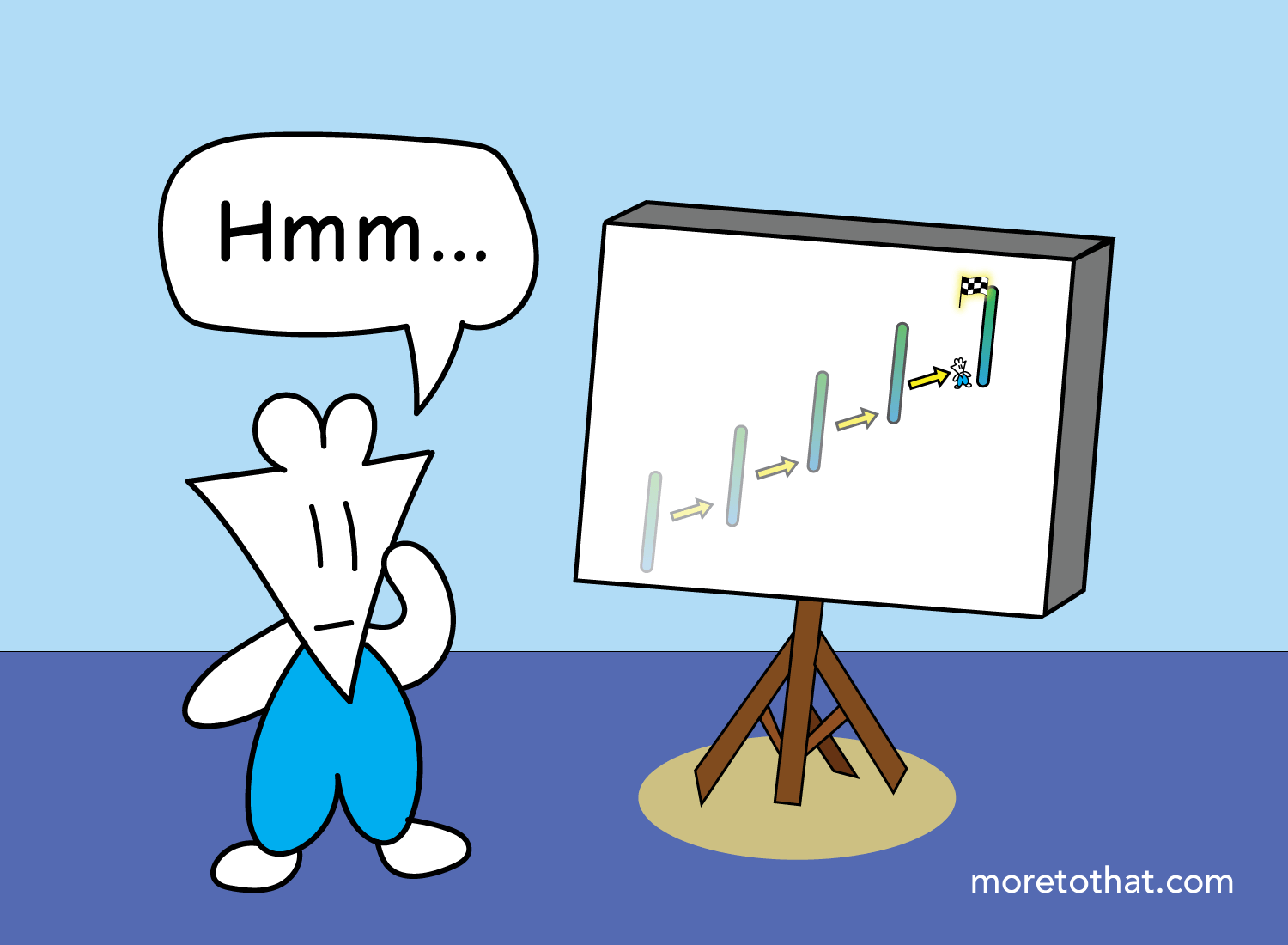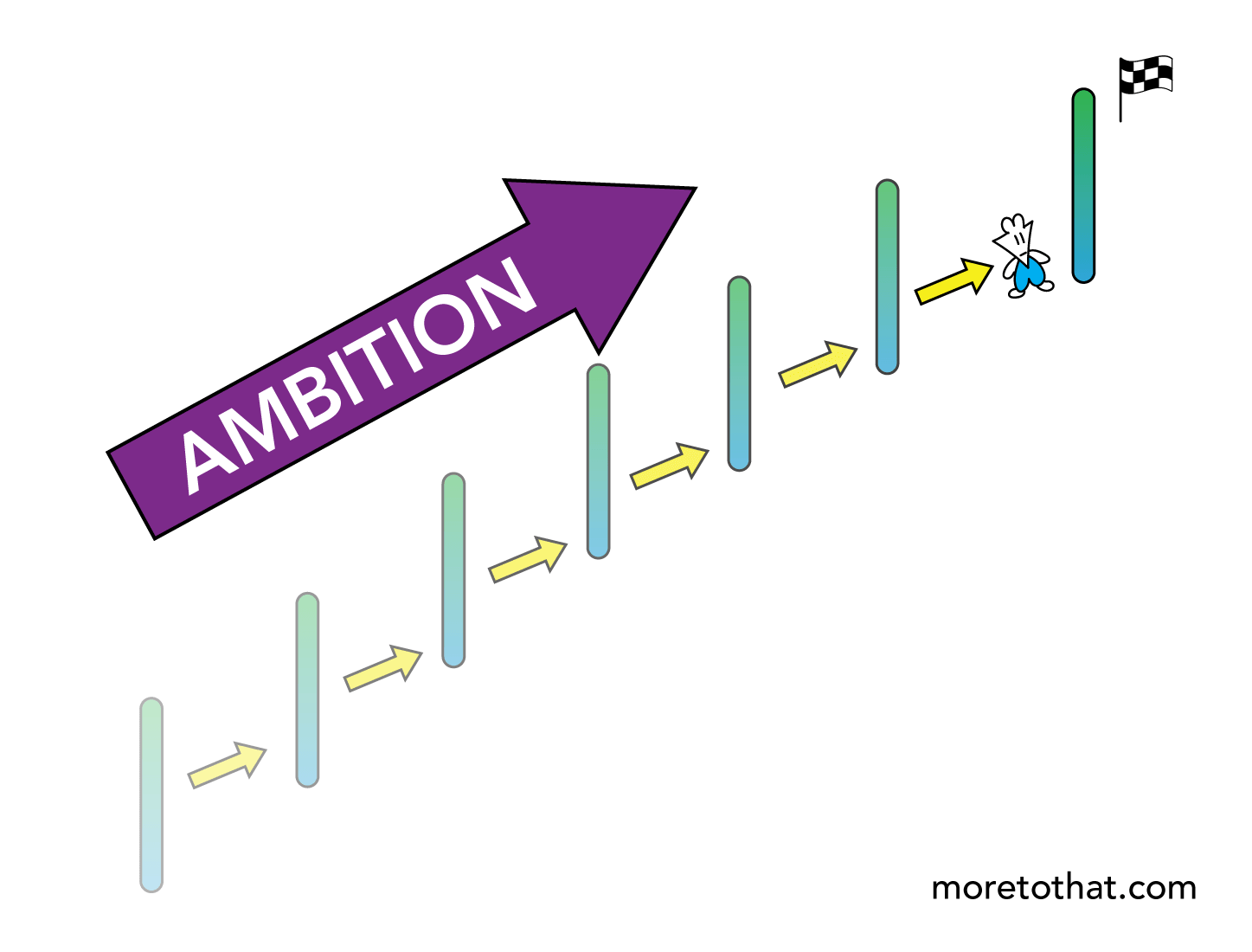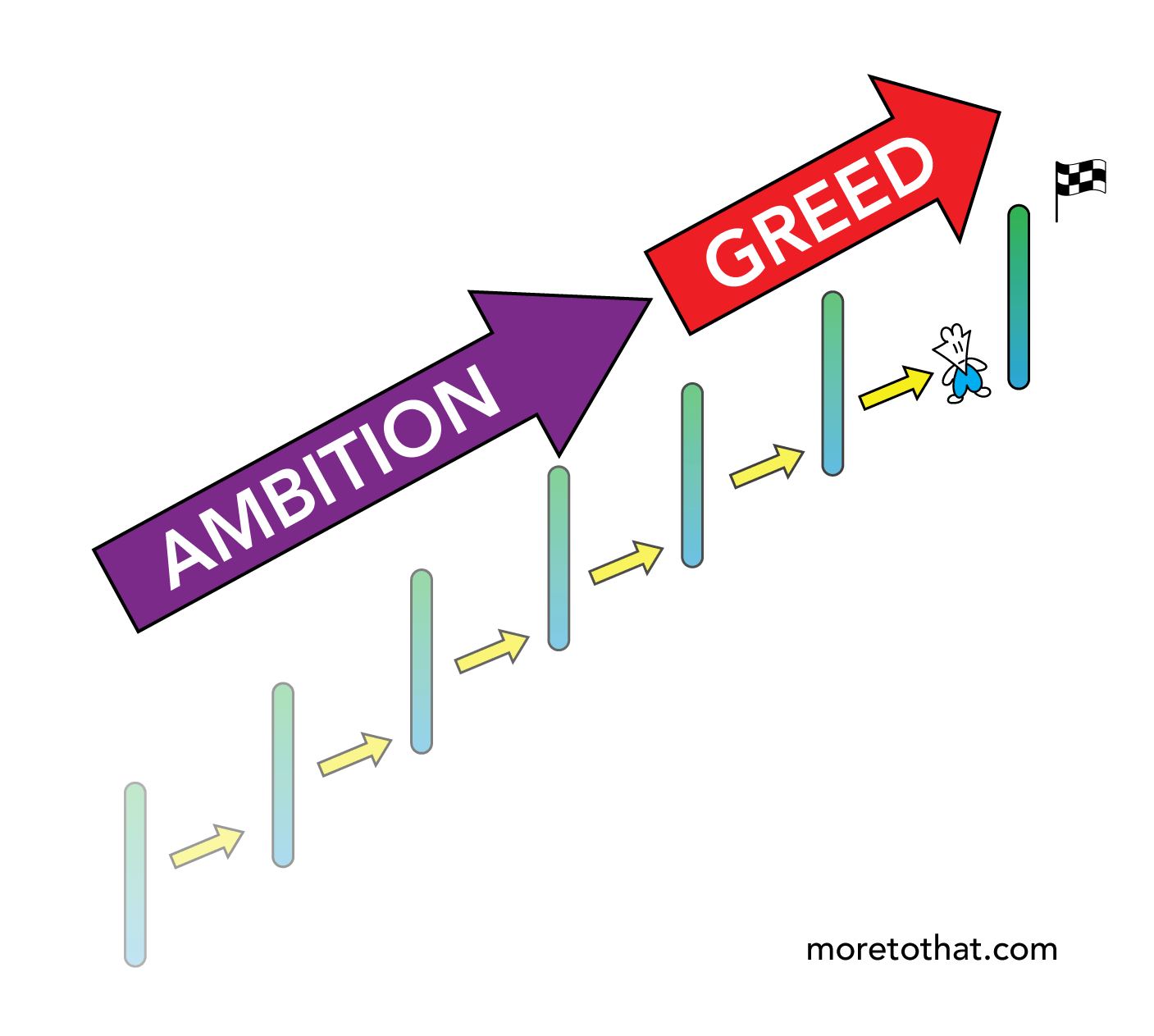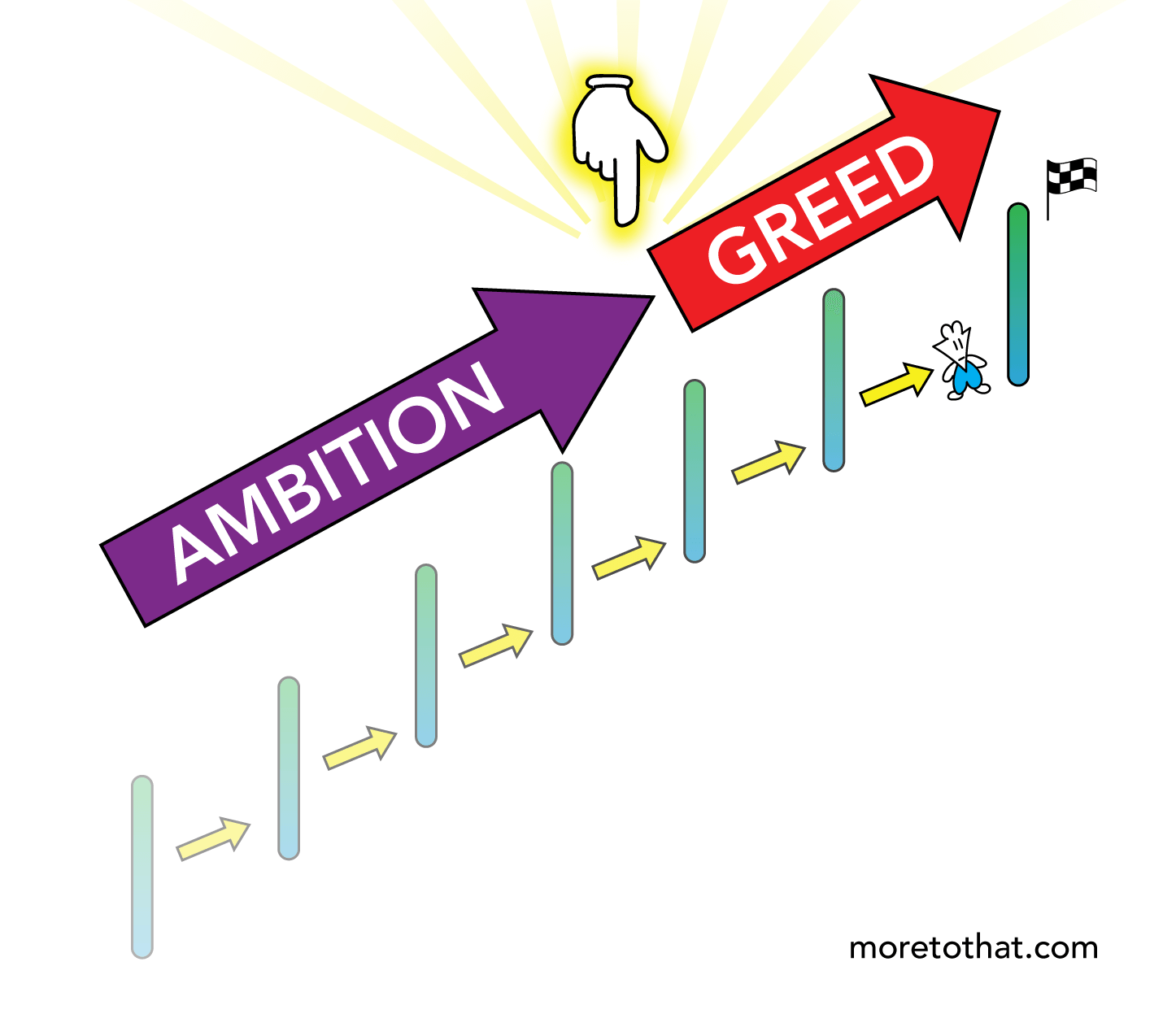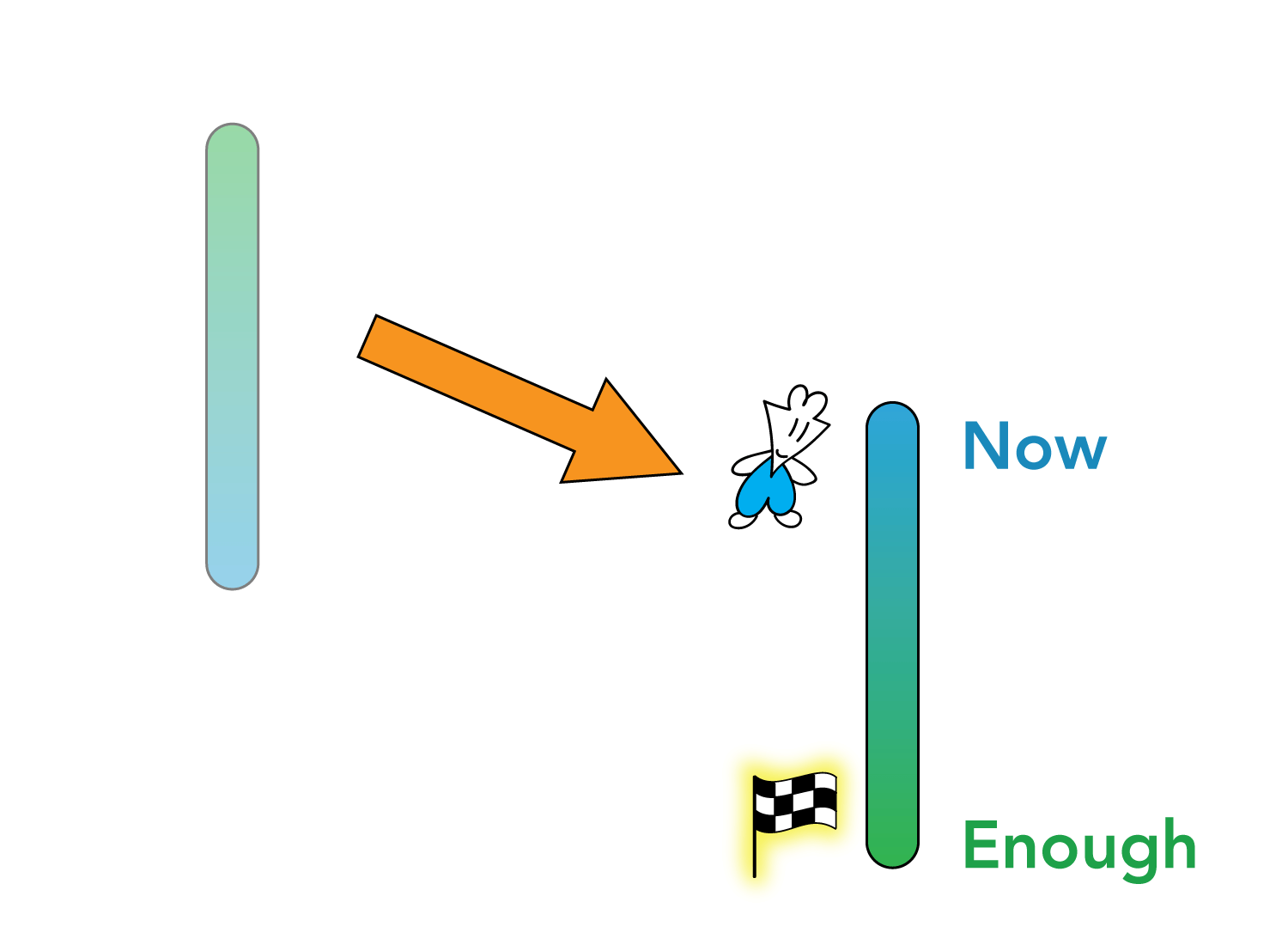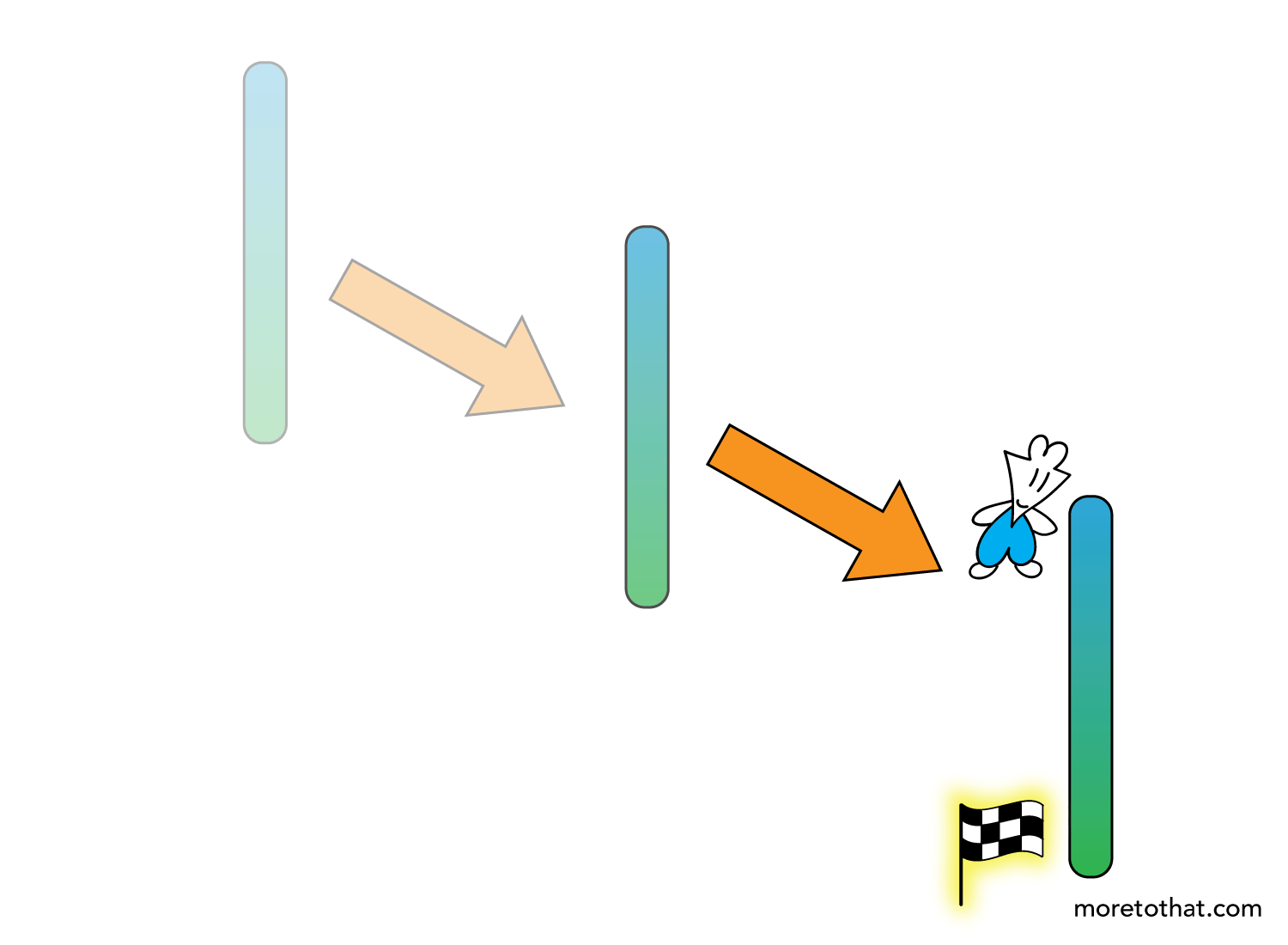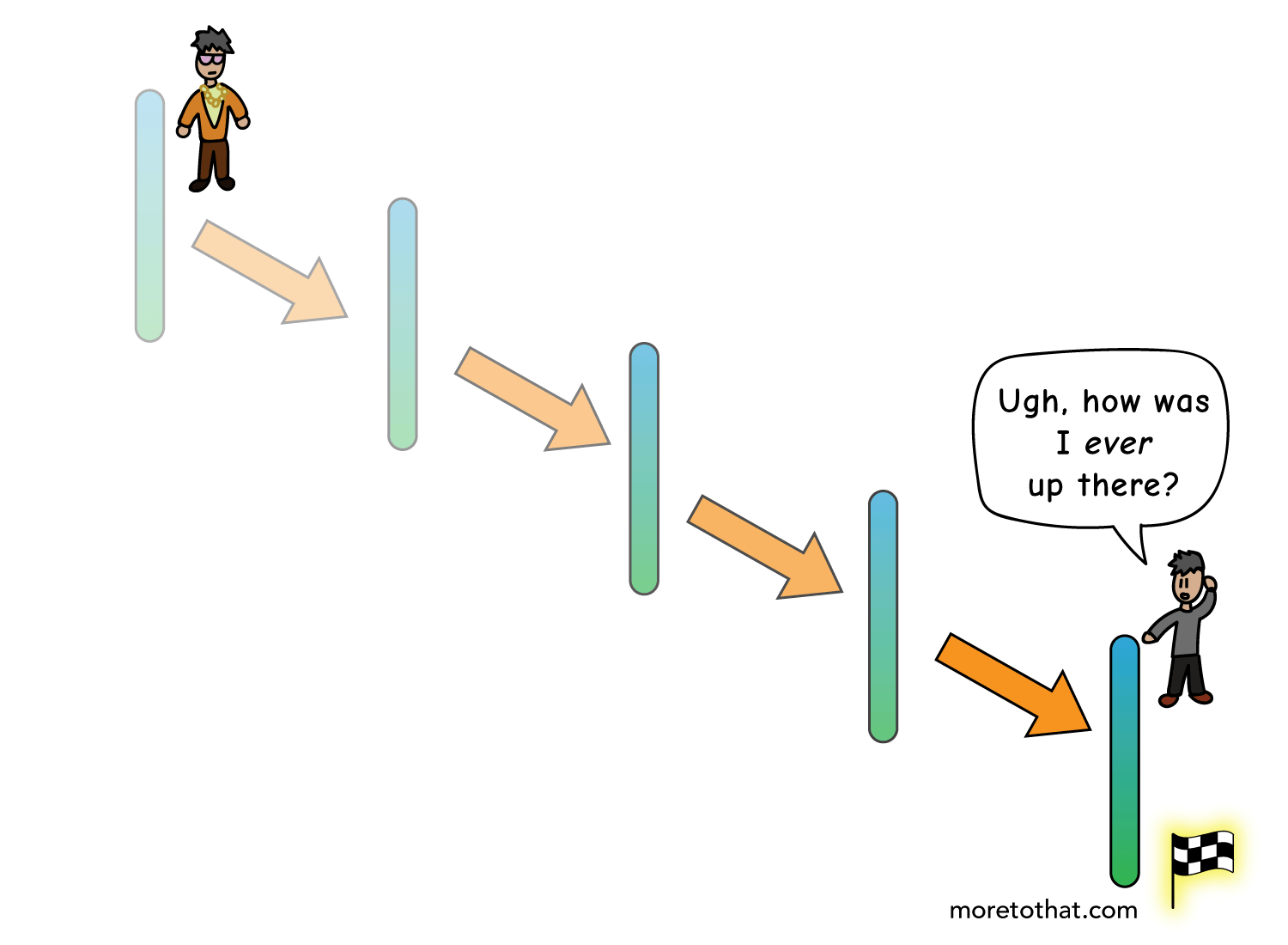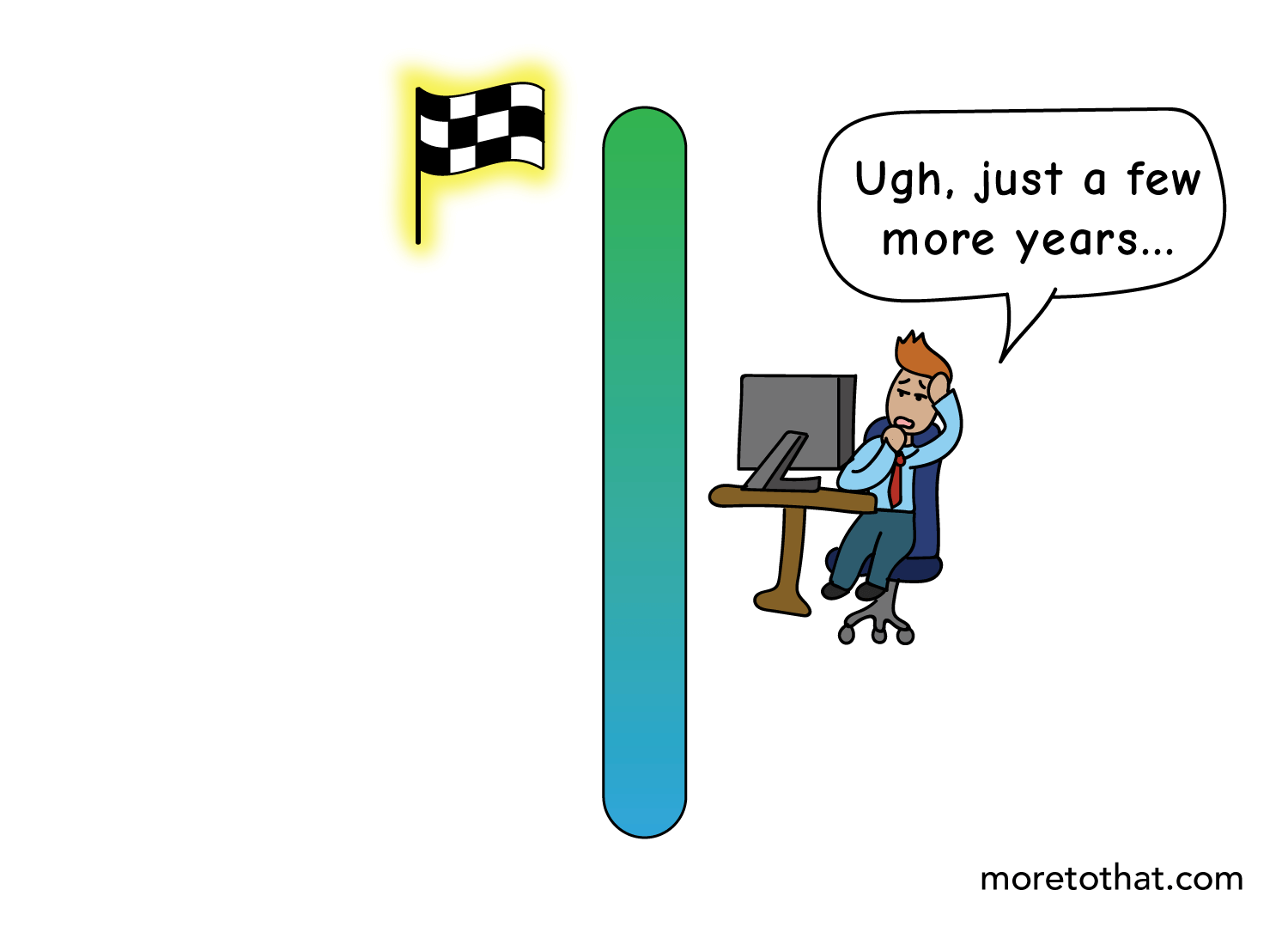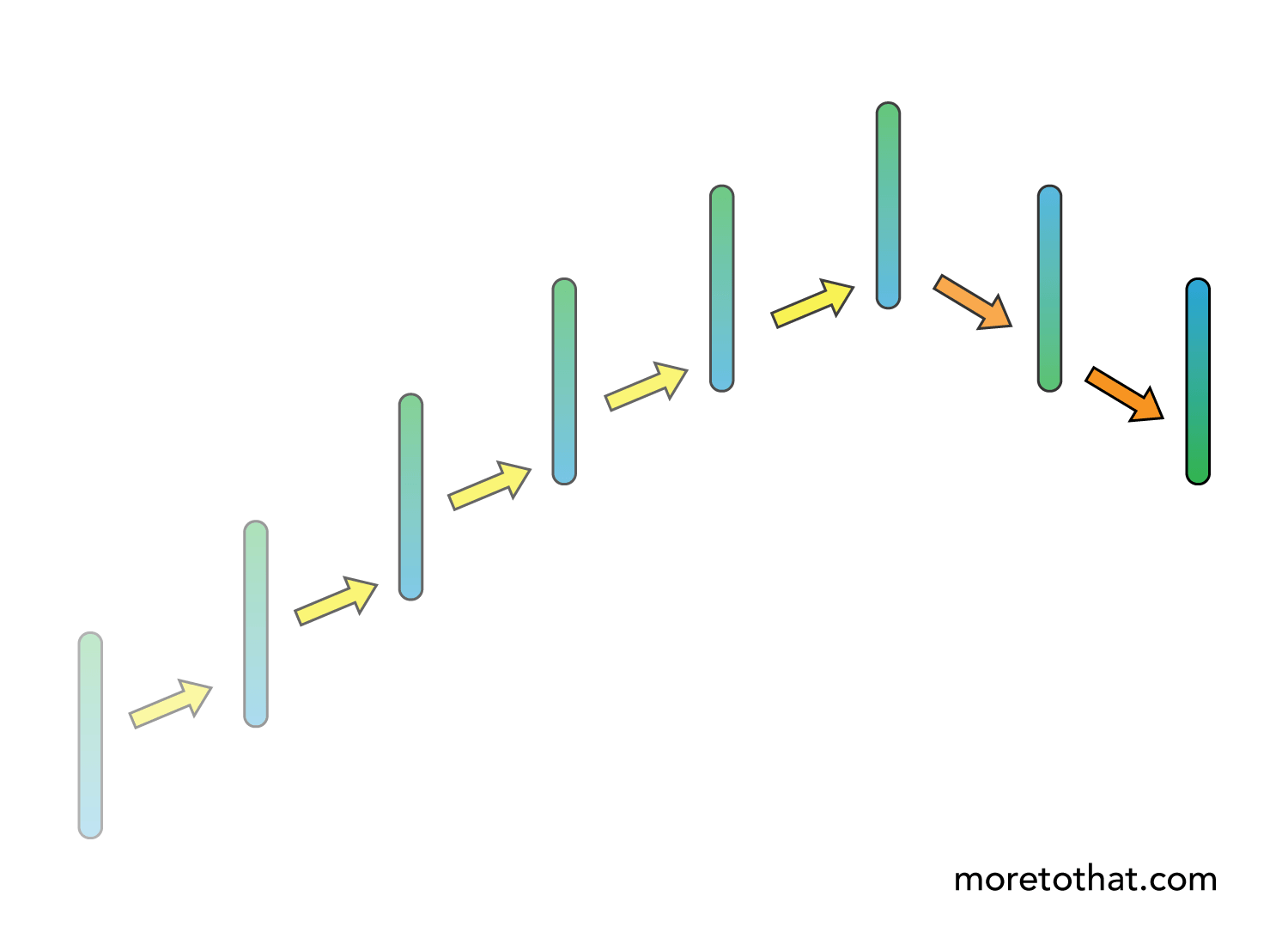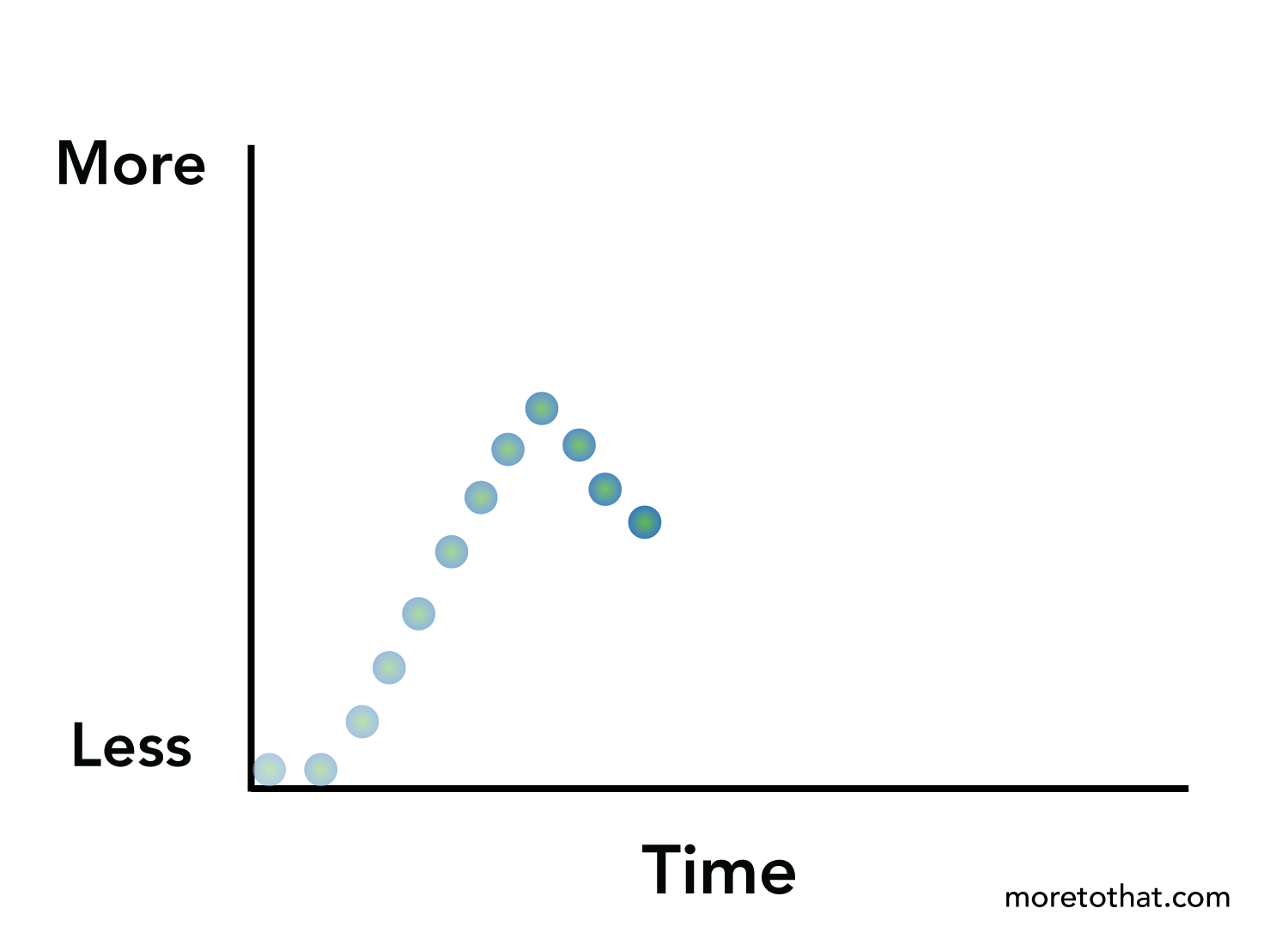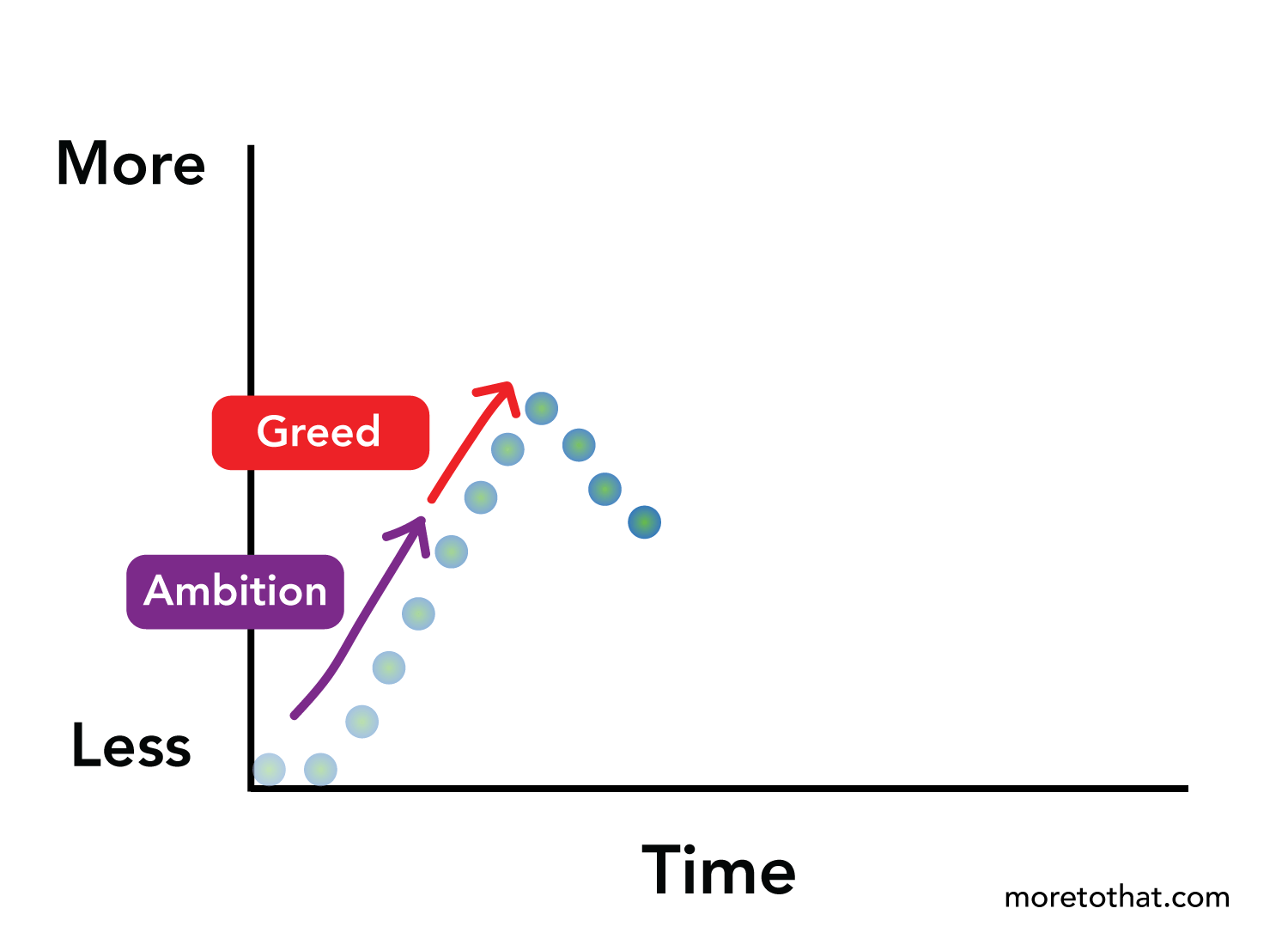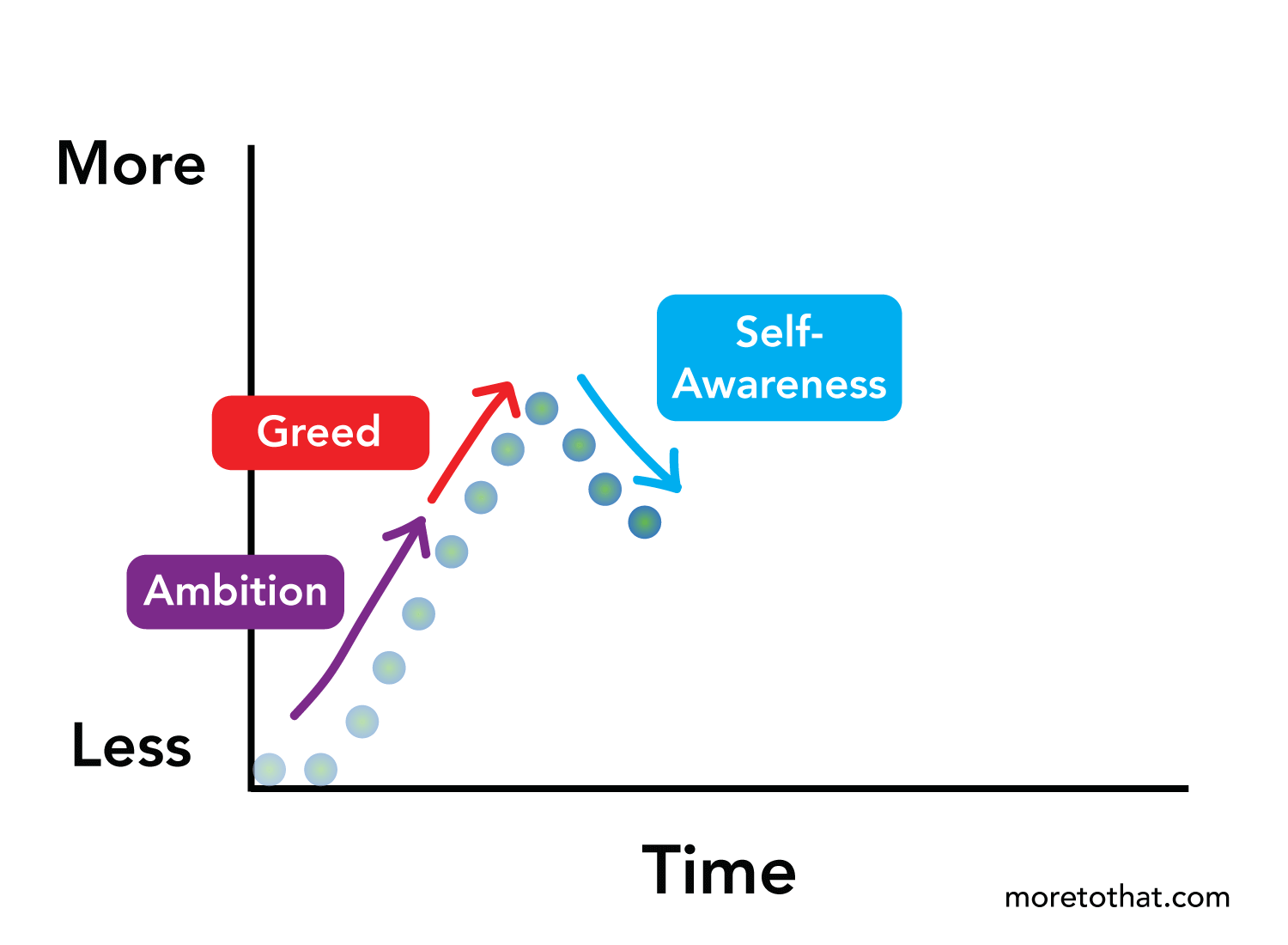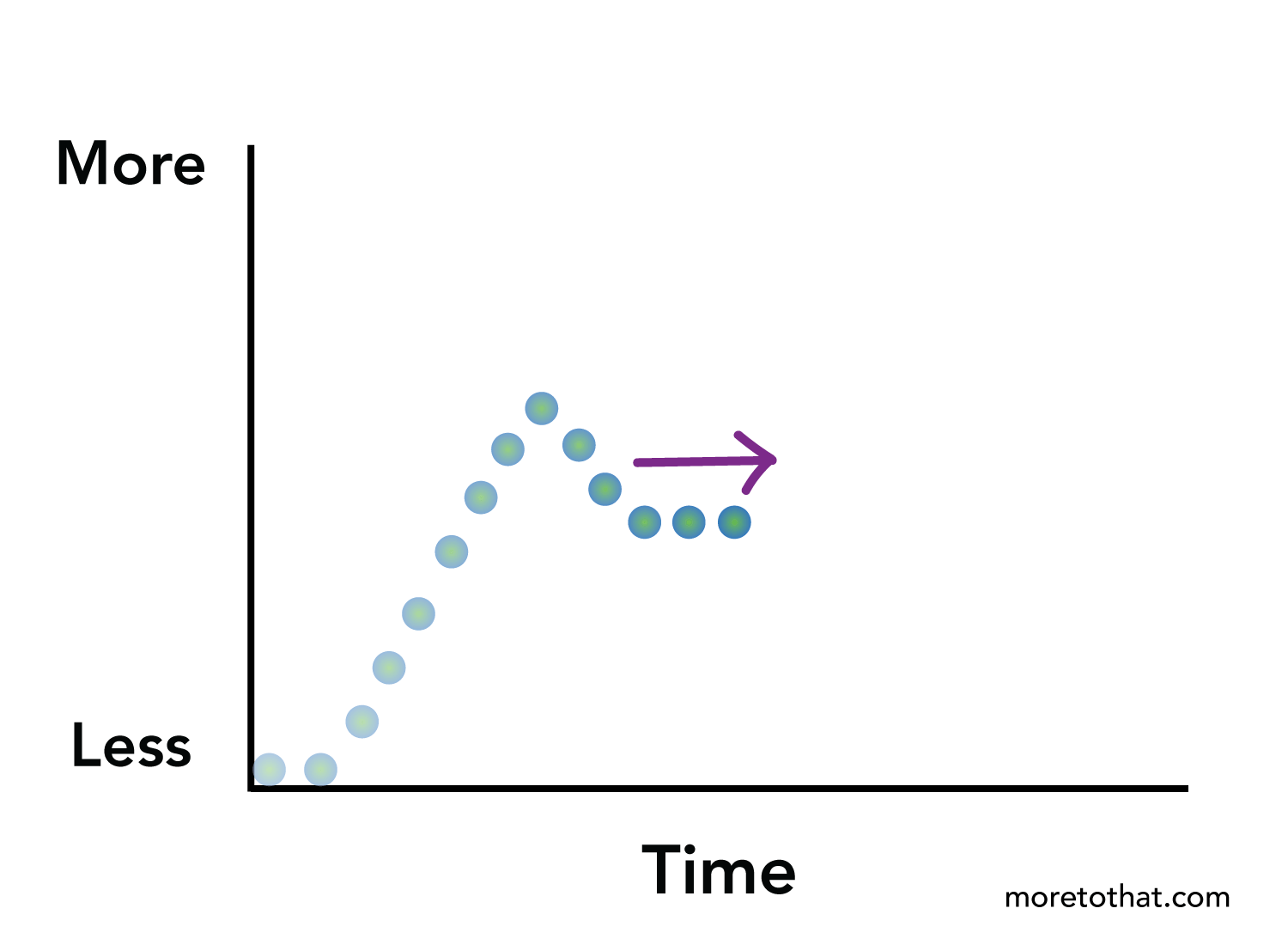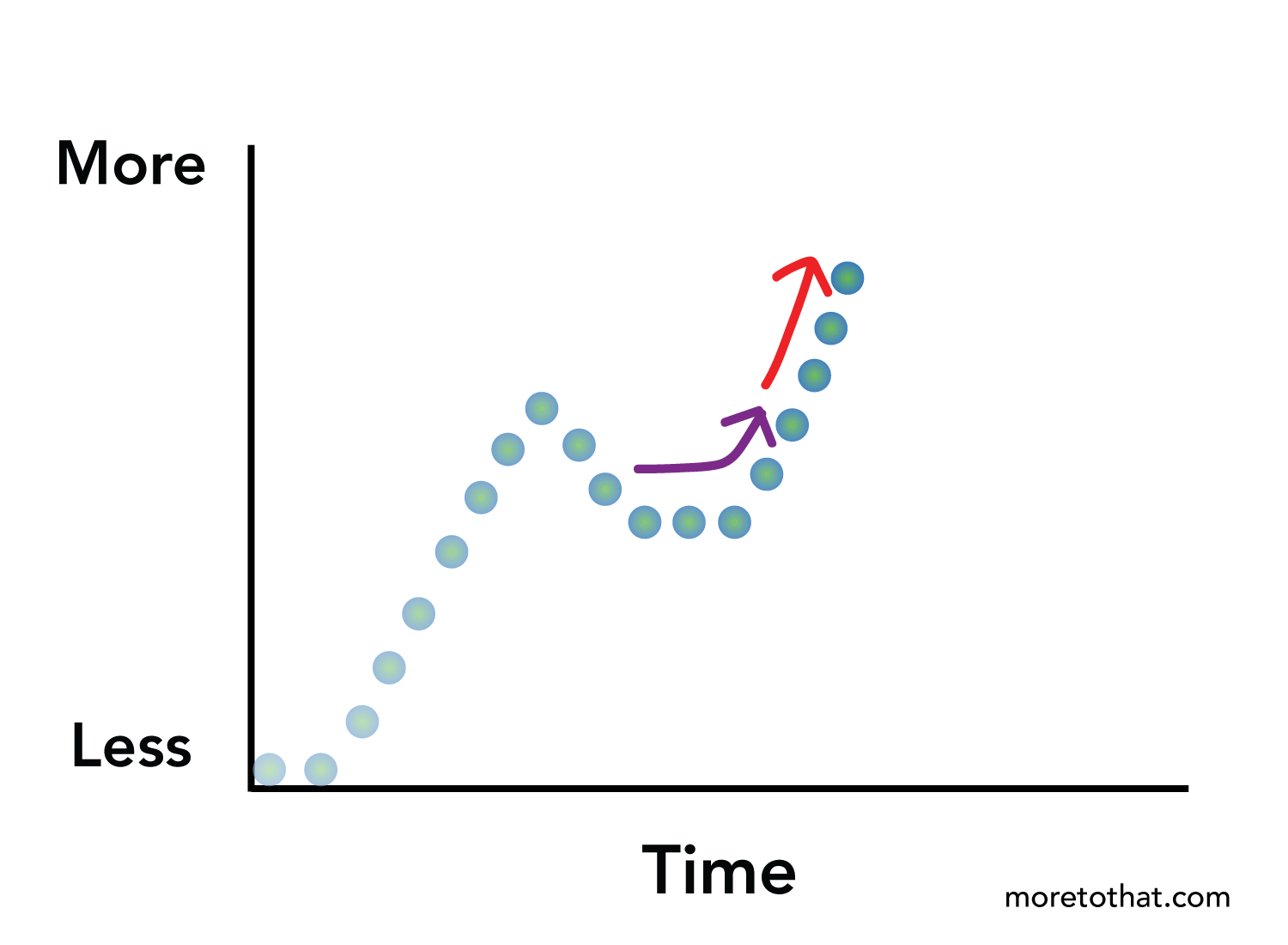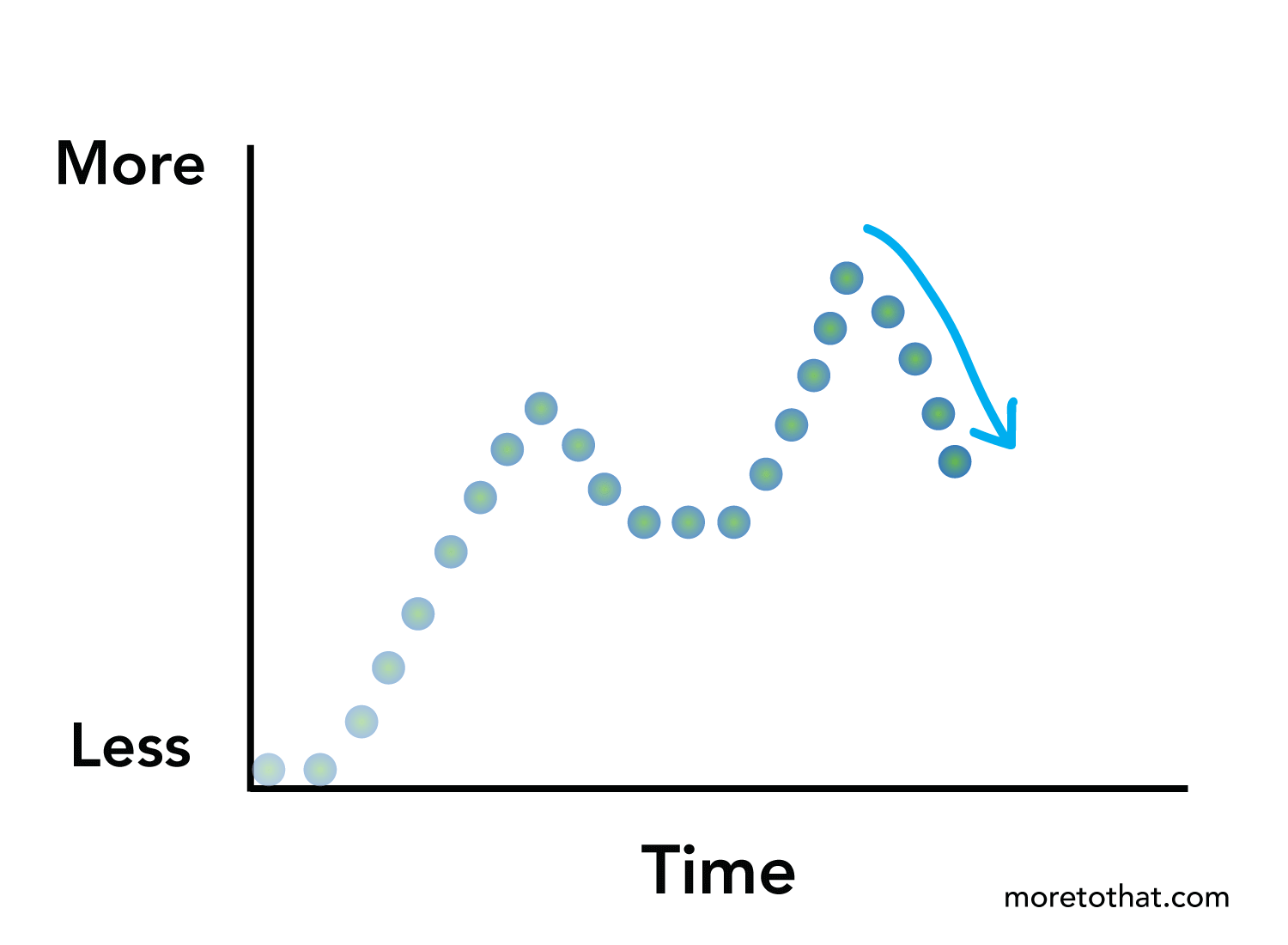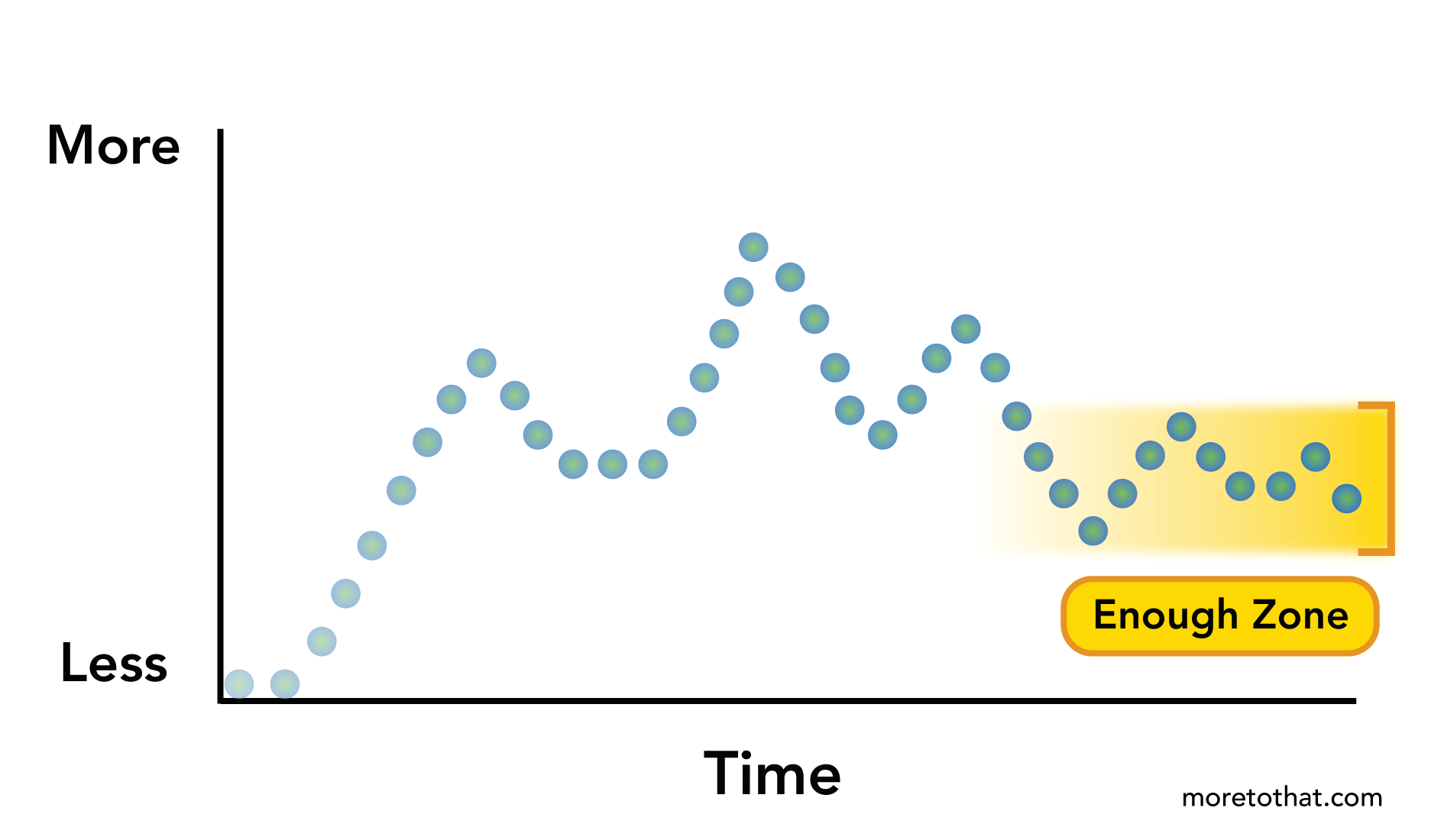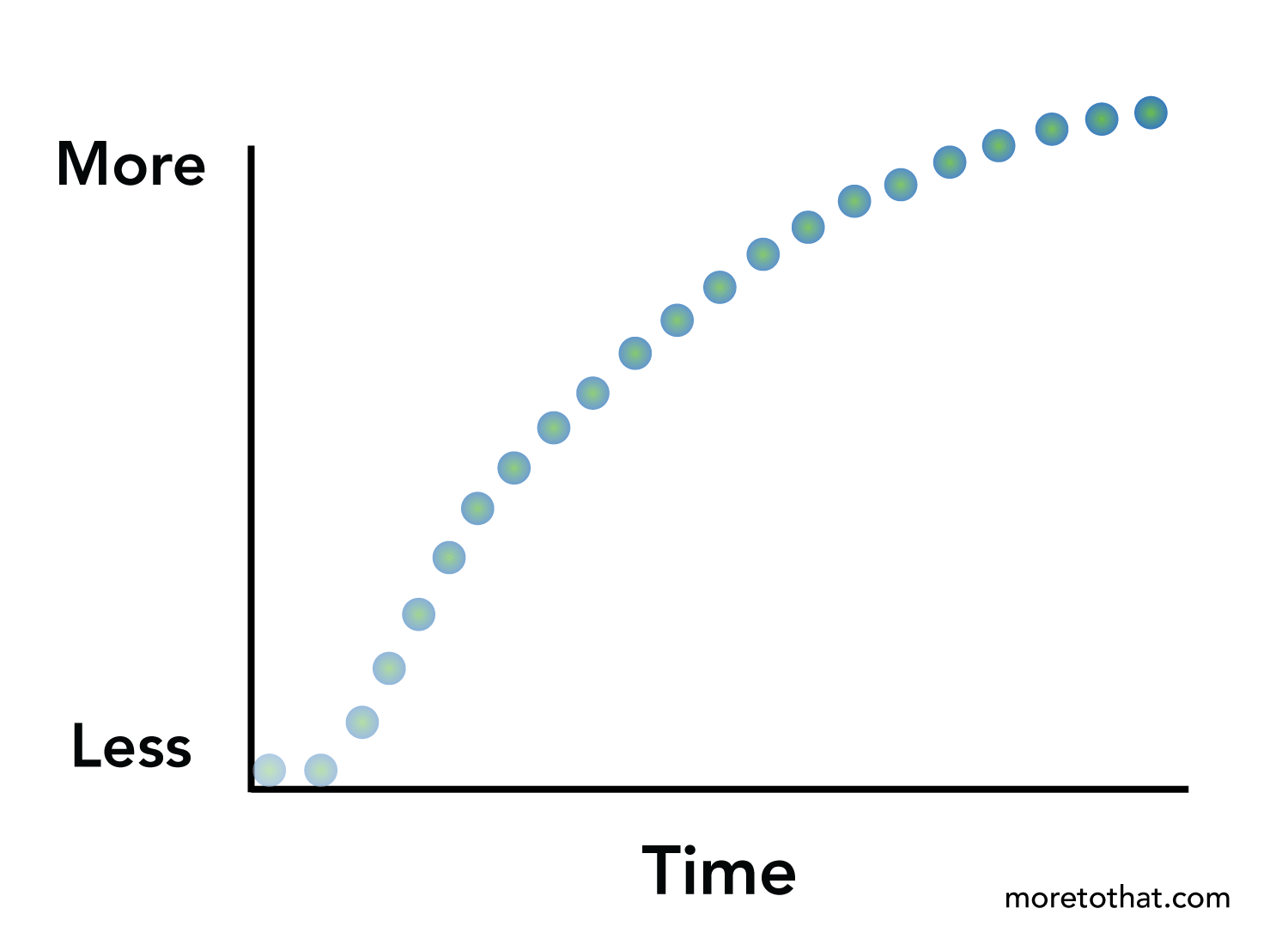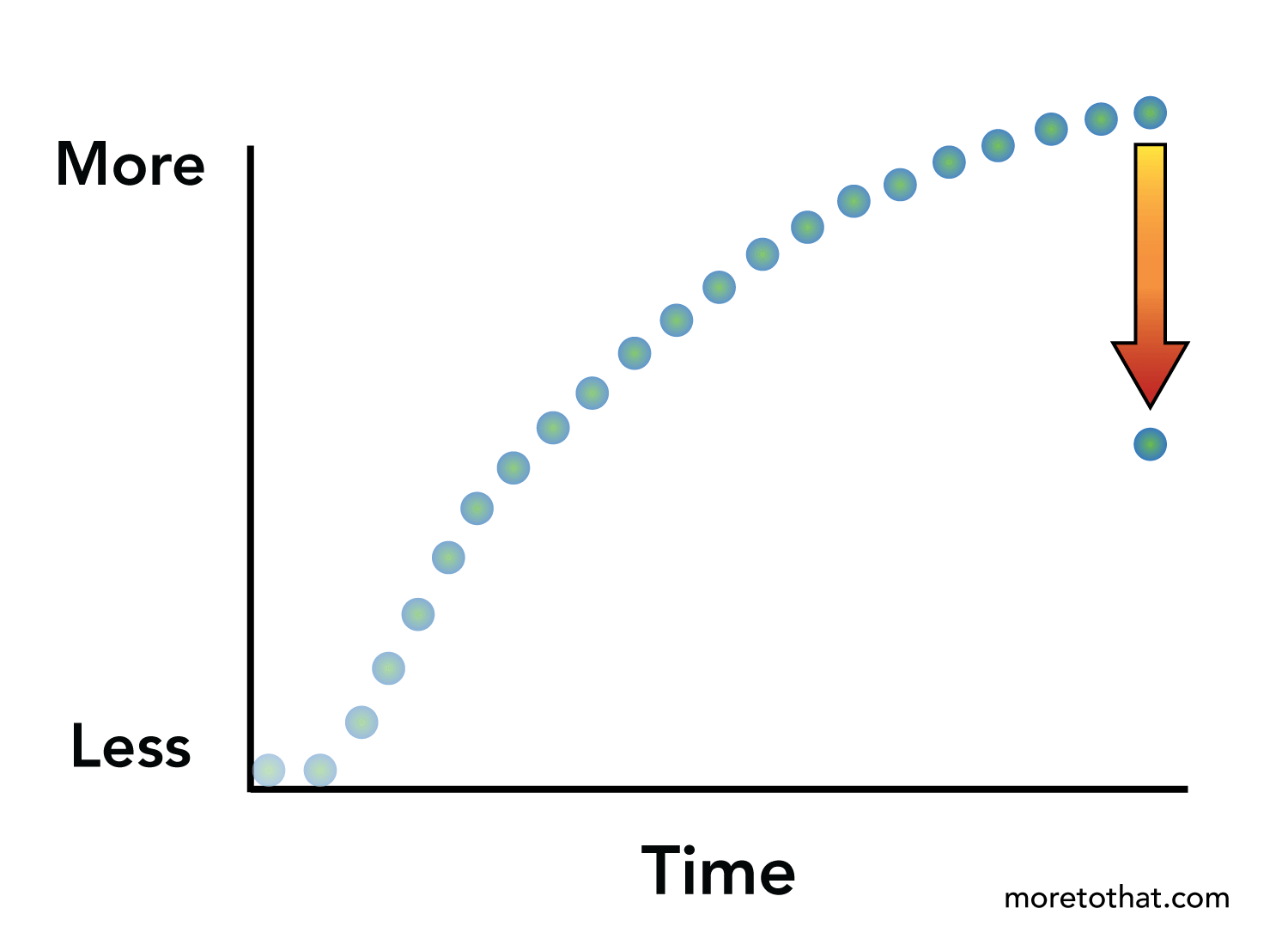The Many Worlds of Enough
In 2009, I came across a story that shifted my perception of money.
It was about Adolf Merckle, a German billionaire who was among the 100 richest people in the world. He had an estimated fortune of $9.2 billion, and his businesses employed over 100,000 people.
Despite a track record of proven successes, Merckle made a series of disastrous bets during the 2008 financial crisis, resulting in losses that amounted to over $500 million. As the future of his business empire lay in question, he decided that being alive to witness its reversal wasn’t worth the mental cost.
On a cold Monday evening, he wrote a final note for his family, and took his own life in the most dramatic of ways:
By standing in front of an oncoming train.
When you hear a story like this, your initial reaction is to shake your head in bewilderment.
“Sure, he lost a lot of money, but he was still unfathomably rich. Why the hell would he do such a thing?”
“He still had his health and family, so he would’ve been just fine. Why couldn’t he see that?”
“Isn’t having billions of dollars enough?”
That final word is often viewed as the antidote to any strain of desire. That if you could stop moving the goalpost, you’ll be able to disregard the pull of greed, longing, or any variant of these feelings.
To a large extent, this is true. By defining what enough means, you’re giving yourself a concrete barometer to judge your desires by, and whether or not they are worth having. It’s the best way to tell your future self, “Hey, don’t forget where you come from.”
The problem, however, is that this future self is a projection of your present-day desires. When you’re defining what enough means, you’re effectively saying, “Given what I want today, I just need this much more of it to be satisfied in the future.” But how plausible is it that what you want today will remain unchanged as you march onward to your goal?
Oftentimes, we envision our progress toward Enough as a continuous journey between where we are now, and where we want to be.
And the purpose of Enough is to remind yourself that once you get there, you should be satisfied with your standing. You don’t need to upgrade your lifestyle or desire anything too substantive anymore.
While this is the ideal situation, it tends to be just that: an ideal.
We are woefully incapable of being satisfied with a prior desire, and many people argue that this is just a part of the human condition. That greed resets any goals you once had, and short of becoming a monk, you are destined to shift that goal by a few more commas.
Of course, there is some truth to this, but I think this view only scratches the surface. Greed is the easy culprit to point to, but what really needs to be explored is something far more interesting:
The way your progress toward a goal creates an entirely new identity.
This can sound a bit esoteric, so let’s make it concrete. To do this, we’re going to briefly venture into the realm of physics and explore a fascinating theory that began circulating in the mid-20th century.
Say hello to Hugh Everett:
Everett was a quantum physicist, and one thing about quantum physics is that it’s super strange.1 One of these strange discoveries was how a single particle can exist in two places at once, yet when we observe it, it only occupies one position. Essentially, tiny particles like protons and electrons don’t behave according to our everyday expectations, but when we observe them, somehow they do.
In 1957, Everett published a paper that attempted to explain what was happening. He theorized that whenever we interact with a particle, it doesn’t magically decide on one position that we see. Instead, the timeline of history separates into two branches: one where the particle is in one position, and one where it’s in the other.
Controversially, Everett believed that both these timelines exist, but only one can be experienced at any moment. So there is a “you” out there seeing the particle in one place, and a “you” right here that sees the particle where it is now.
And given that these kind of quantum events happen all the time, the branching of timelines doesn’t stop there. It just keeps going onward in perpetuity, with branches upon branches existing with every observation or interaction.
Everett later referred to this perpetual branching as the existence of many worlds, which is the basis for the theory’s name.2 When we hear about parallel universes, this is where the idea comes from. In science fiction, the many-worlds interpretation is often visualized as a big “what-if” scenario about how life could’ve been if you made the other decision vs. the one you actually did make.
In most of these scenarios, the protagonist will go through that alternate universe, find it exciting in the beginning, and then slowly realize that it actually sucks. A lot. So then she’ll somehow find her way back to her default universe, feel relief that she could live there again, and exist in a heightened state of wisdom until the day she dies.
This is where Everett will likely throw his hands up in despair. Because he clearly stated that the two worlds could never communicate with one another, nor could anyone ever travel between the two (this is really important to remember). Each timeline is literally a separate world, and once you inhabit one, you cannot identify with any other version of “you” that’s in another.
And this is where you’ll have to step in, remind Everett that this is science fiction, and slowly escort him out the theater.
All right. Now that we have a general understanding of the many worlds theory, I can pivot back into our fraught relationship with Enough.
As I illustrated earlier, we often view Enough as an endpoint in a journey that starts with where we are now, and where we want to be:
Let’s just say that for purposes of this example, your Enough means that you could make a six-figure salary doing something you love. You get to wake up and do precisely what you’d do even if you had all the money in the world. And as it turns out, $100K is a pretty accurate depiction of all the money you’d need.
When you’re starting out, the certainty of that goal is unquestionable. Since you’re starting from zero, the thought of being able to earn $100K from an enriching endeavor sounds like paradise.
In this initial phase, you’re surveying the landscape of possibility, and are seeing what others have already done. After all, the reason you have an Enough goalpost to begin with is because you’ve seen how others have actualized it for themselves.
So you apply this formula of combining others’ methods with your unique voice, and do it for some time. You struggle your way through it, but since this endeavor is so worthwhile, you’ll find that the challenges are what make it so great.
With this winning combination of mindset, work ethic, and time, something interesting happens:
You start making tangible progress toward your goal.
You’re still in the early stages, but here’s what’s fascinating: The nature of your experiences and skills have already shifted dramatically.
In the beginning, you were trying to understand how the hell you might make your first dollar. But now that you’ve achieved that, the problem you’re trying to solve also changes. Perhaps now it’s about how you can make recurring revenue, or how you can build a sustainable product. And though these changes feel subtle, they’re actually quite profound.
The greater goal of enough is always comprised of smaller milestones. You won’t get to $100K without first getting to $25K, $50K, $75K, etc. This may sound obvious, but what’s not obvious is how dramatically your experiences and skills change as you hit each milestone.
For example, going from $0 to $50K teaches you so much about what it takes to make money doing something you enjoy. The skill sets you develop, the things you learn, and the people you interact with vastly broadens the landscape of possibilities for you. What you once thought was implausible will feel inevitable given what you know now.
Here’s how I visualize it. As you progress toward your goal of Enough, you gain so much in the form of skill and experience that a fundamentally different version of your identity branches out, like so:
This “new version” of you can no longer identify with the one that started out at zero. Even though you haven’t hit that Enough goal yet, it won’t sound like the perfect ideal it once was. Given everything you’ve gained in ability and the achievements that have been actualized by your newfound peers, you’ll find that Enough should be higher than where you once pegged it.
And the more you move up this new spectrum, you gain even more confidence in your abilities, which causes another branch-out (and thus moving up Enough once again).
This is the Many Worlds of Enough. It’s the perpetual branching of identity that results from progress, as progress provides you with the confidence and ability to actualize greater things (resulting in further progress). The cyclical nature of this process is what makes it so difficult to stop, and is what prevents us from ever settling on what Enough means.
One thing I need to clarify here: this view is very different from the traditional idea of goalpost moving.
Goalpost moving implies that once you hit a certain goal, you’ll shift it higher because of whatever new desires emerge. So when we advise people to leave the goalpost as is, we do so by reminding them to think back to the past, and how happy they would have been to be where you’re at now.
The Many Worlds view, on the other hand, states that you end up branching out into an entirely new identity as you progress toward any definition of Enough. And once this separation happens, these worlds can no longer communicate with one another at all (similar to the quantum physics interpretation).
For example, it’s quite possible that at one point in your life, you wanted to be the manager of a fast food restaurant where you were once employed. But let’s say that you went on to attend college, learned how to code, and became the founder of a profitable tech company.
The thought of now applying for that managerial role at the burger joint would not only be incoherent, it would be inconceivable. It’s not because you consciously moved the goalpost to something greater; it’s because of the unconscious separations in identity that occurred on your path to becoming a successful founder.
Without realizing how exactly it happened, you now occupy an entirely separate world, with no connection between who you are now and that prior version of yourself.
Enough is elusive because when you reach it, you’re no longer the person that once desired it. Once you occupy an entirely new world, that prior version of yourself is largely inaccessible.
However, there is one crucial thing you do have access to, regardless of where you are:
An awareness of the overall trend of these branches.
In the beginning, it’s important for these worlds to keep branching upward. It’s great that you didn’t settle for the fast food restaurant when you recognized that you had the potential to be a great software engineer. It’s awesome that you decided to expand the horizon of possibility instead of accepting a given predicament.
These branching of new worlds are driven by ambition, which is the key to actualizing whatever potential lives within you.
Despite what spiritual gurus might tell you, ambition is critical to the development of a healthy mind. Without it, you will never know what challenges you’re capable of facing, and how you can tap into the best of yourself to solve them accordingly. Ambition is important because it provides a sense of purpose, which is one of the keys to giving life its meaning.
Greed, on the other hand, is different.
The reason why ambition feels like a dirty word is because it’s often mistaken for greed. Both ambition and greed result in the Worlds of Enough branching upward, so they’re often treated as surrogates for one another.
But there’s a critical difference.
Ambition is largely driven by self-actualization, or the desire to become a more capable person. And when this happens, it’s only natural that good outcomes arise. You’ll witness bumps in your reputation, be offered higher salaries, and so on. But these things happen as a byproduct of your ambition, and not because these outcomes were your primary desires.
Greed, however, is when those outcomes become your primary desires.
When prestige, praise, and power are the reasons why you are ambitious, that’s no longer driven by self-actualization. That’s when you lust for everything that is external to you.
There’s always a point in which one’s desire to self-actualize (ambition) morphs into the desire to externally control (greed). And the key is to be acutely aware of where this intersection point resides.
It’s rather difficult to know where this point is, as the boundary between ambition and greed can be blurry.
But for the most part, you’ve entered the domain of greed when you no longer pursue an endeavor because you’re curious about it. It’s when the coldness of utility replaces the warmth of curiosity. Ambition morphs into greed when you stop listening to your inner compass, and start paying attention to what your actions may do for external things like your reputation.
Enough is what remains when you remove these desires for approval or praise. It’s when you conduct an honest audit of your needs, and understand what has been conditioned into you, and what is true to who you are.
If you’re well aware that reading a great book will make you happy, do you really need to go out and get that expensive car? Do you really need to make more money to support your family, when what your family needs is your attention? What’s driving your desires: your authentic being or your conditioned mind?
Once you start asking these questions rigorously, self-awareness is cultivated. And with this tool, your identity is able to branch out into a different kind of world:
One where Enough is lower than the position you currently occupy.
William Blake once said, “You never know what is enough unless you know what is more than enough.” You have to have your Worlds of Enough extend upward before realizing that this trend needs to be corrected. After all, a minimalist is nothing more than a maximalist recovering from this epiphany.
This type of course correction is a different kind of identity change. One where you understand what is truly essential, and adopt a mindset that emphasizes a new barometer to live by.
The interesting thing here is that any progress toward this lower Enough will do the same thing as what happened when pursuing a higher Enough. It’ll branch your identity out into another world, and will keep doing so until you feel that you’ve reached some semblance of a sweet spot.
There’s a reason why someone pursuing a lower Enough may start out selling his car, and then end up in a position where he only owns 5 shirts. There’s a gradual progression of new worlds being created, where each subsequent one can no longer relate with a prior version. For example, if you watch interviews with minimalists, they’re often bewildered at how they were once the possession-seeking avatars that a stereotypical capitalist society produces.
But most likely, you’re not looking to be a minimalist (neither am I). All we want is a better model of determining what enough is, and how to balance this with the nature of ambition. If ambition is indeed a good thing, the problem is ensuring that the byproducts of that ambition don’t warp our perceptions of what it means to have enough.
Some people have tried to distill Enough into a number. Perhaps it’s a formula that will take some inputs (your age, your net worth, your savings, a withdrawal rate, etc.) and then spit out a number that tells you when you can chill out.
Sadly, this hasn’t solved the problem. Not by a long shot. Because if anything, this question of “what is enough” is more pressing and relevant than ever. If the answer did reside in a formula, there wouldn’t be millions of people still struggling with the elusiveness of this question.
Here’s the way I see it. Enough is always in flux, given that the endeavors we’re pursuing in life are in flux as well. For example, if I was working in a job that I hated, I’d be occupying a world where Enough is in a higher position than where I currently am. Otherwise, there’s no way I’d be working at that place.
But if I was working on something I was truly passionate about, I may be in a world where Enough is actually lower than the position I currently occupy. In this case, even if I won the lottery, I wouldn’t change a thing because what I currently have is quite indicative of everything I’d need for a fulfilling lifestyle.
So if we were to look at the potential distribution of worlds of a single person:
I’d simplify it into a plot graph that looks something like this:3
On this graph, we can signify the forces of ambition and greed that propel the different worlds upward:
And we can map the self-awareness required to course correct when recognizing that greed has taken over:
As our experiences and perspectives shift over time, so will the shape of this graph.
If you’re happy with what you have and continue to be ambitious, you may get a nice straight trend where your worlds stay largely consistent.
But if you start getting discontent with your definition of Enough and you desire more, that trend could slope upward and then re-enter greed territory again:
And of course, if the capacity for self-awareness remains, then you’ll be able to correct downward as well.
This continuous interplay of ambition, greed, and self-awareness will find its way through your Many Worlds of Enough. Since these forces are always in motion, there will never be an absolute satisfactory goal. That is why there is no magic number or formula that you can rely upon. You can’t apply mathematics to what is really a matter of psychology, as the mind doesn’t follow a set of axioms that withstand circumstance.
With that said, wisdom is the ability to bring Enough within a narrow range. It’s to use the tool of self-awareness to make the upward and corrective trends less dramatic, and to have them converge toward equanimity whenever possible. That way you have some semblance of a ceiling that signifies when you’re desiring something unnecessary, and a floor that gives you a baseline for your needs.
By having this zone in mind, you won’t be perturbed by the allures of speculative investing and all the regret that accompanies it. You’ll recognize that a better path toward Enough will be through a healthy investment of ambition, and not through an anxious foray into an uncontrollable storm. You’ll value balance over surprise, and will cultivate a mindset where you get to direct the trend line of your Many Worlds, and not the whims of external events.
That last point is crucial.
Whenever possible, you want to be the one directing the way your worlds branch, instead of having it be a mere reaction to events. If success comes your way, you don’t want that success to automatically feed itself into expectations of more success. That is the natural course of things, so if this trend is left unchecked, you will occupy a world that is so far removed from who you once were. There will be no connection with your humble beginnings, and your definition of survival will be so out-of-touch with that of the everyday person’s.
If I were to guess what Adolf Merckle’s graph looked like shortly before his death, it would resemble the one above. One propelled upward in perpetuity without the self-awareness required to adequately correct it. One where reputation and acclaim defined his entire being, and the lack of it meant that his very survival was in jeopardy.
So when the consequences of those disastrous bets hit him, it didn’t matter that he would still be a billionaire after their resolution. It didn’t matter that he still had a family that cared for him.
He suddenly found himself in a world where he was forced to face a lower Enough, but it wasn’t through his own will. It was thrust upon him, and this lack of self-direction is what made it unbearable.
This is the most important thing to internalize. You must self-adjust your definition of enough, instead of having it forced upon you. Wisdom is in self-correction, while misery is in coerced correction. Identity change is best manifested through small, intentioned steps, and not through a massive, surprising event.
Keep this in mind as you progress through your Many Worlds of Enough. The world of Enough you occupy today is completely foreign to the one you occupied a decade ago, as it should be. But how did you arrive here? Was your trend primarily sculpted through external events like lifestyle shifts, pay changes, and new environments? How much course correction have you done after conducting an honest audit of your ambitions? Have you done this at all?
The conundrum of Enough isn’t about money, as it’s brought billionaires down to their knees. It’s a matter of identity, and what it means for you to feel accepted. Not by others, but by yourself.
Think about this now, in whatever world you occupy. Don’t wait for the whims of circumstance to give an answer you can’t accept.
_______________
_______________
Related Posts
Enough is the antidote to one of life’s greatest tensions:
A big post on what it means to keep inventory of your identity:
A reminder that a future world of Enough is not promised for any of us:

